Seminarians photos: Lincoln Ho, for St. Joseph's Seminary, Edmonton; Serra Chapters celebration photos: Victor Panlilio (more photos here).
0 Comments
A month has passed since the World Youth Day pilgrimage in Lisbon, Portugal. Four pilgrims in the diocese share their memorable stories of Lisbon. Accompanied by stunning photographs, these stories provide a glimpse into their transformative World Youth Day encounters.
Andrew Min: Joy is missionary
Catarina Avila: Go with haste to encounter our Lord
Elizabeth Spiess: In a field with 2 million Catholics
Cameron Bluekens: The pilgrimage of love and kindness
Dying to Meet You Like Christine, the legalization of euthanasia affected me very much as well. I started to think: Now, we don’t so much have a culture of death as we seem to have death without culture. I also began to wonder how we can bring cultural renewal to death and dying and restore its meaning and proper significance to our lives. And so, on January 1, 2021, I made a new year’s resolution to blog about death and dying every single day for an entire year in a way that was ultimately edifying. To my surprise, writing each post became a highlight of my day. That blog “DyingToMeetYou.ca” (archived here) got more than 15,000 unique visitors and, more importantly, led people to take action in their own lives in ways I did not expect or anticipate. I continue to blog, now at DyingToMeetYou.com. Always on the search for interesting stories, this is how I met Christine. Born and raised in England, Christine was four when the Second World War began, and ten when it ended. She remembered the mandatory blackouts as well as classmates who lost parents during the war, saying: “There were German bombs dropping down and we couldn’t let out a chink of light. The civilian attitude was to obey rules to preserve life. And, particularly given the constant threat, the grownups I knew carried cards that said: 'I’m a Catholic. In case of an accident, call a priest.'" While the overall wartime context certainly heightened Christine’s sensitivity to suffering, there were many personal experiences of suffering throughout this octogenarian’s life, too: “I know that suffering is a part of life, it’s a part of living,” Christine told me. “And I believe that everybody suffers in one way or another. I watched my mother suffer and die from ALS when she was 34. I suffered myself when she died and I was only 10. At the time, in the 1940s, it was not expected that children should go to funerals and my siblings and I were not told anything about our mother’s death until a few months later.” When she became an adult, Christine seized the opportunity to move to Canada and settled in a small village in Saskatchewan to teach and eventually met and married a local farmer. On discovering that they were unable to have children, they chose to adopt. She had been particularly inspired to adopt by St. Thomas More’s example, which she read about in a book entitled, Two Fortunate Orphans. Over the years, the couple adopted seven children – including three Indigenous children – all of whose birth mothers had specifically requested a Catholic upbringing for them. Asked what she thinks has changed with respect to the modern inability to contend with the trials of life, Christine told me, “There was so much suffering and death that people would hardly think of cutting life short intentionally. But now, the Western world has become more and more affluent and suffering is not so apparent. People feel entitled to have a life based on F-U-N. It’s got to be fun or else it’s not worth it.” “We always ask the children, ‘Did you have fun?’ And adults tell each other, ‘Oh, that was such fun!’ Fun has become the goal of life. But life isn’t always fun; life has suffering. Life is a pit stop on the way to heaven.” And so, with the nationwide legalization of euthanasia in Canada, Christine remembered those wartime cards to “Phone a priest” and briefly considered carrying a card in her wallet that would say, “I’m a Catholic, don’t euthanize me.” “But,” explained Christine, “knowing myself, I needed something more solid than a card because I traditionally lose things. I decided that a tattoo would last me until my death and would be a permanent feature.” And so, Christine went to get tattooed and her kids came to watch. The Church as an Expert in Humanity Loneliness, increased cost of living, mental health crises, alienation amidst grief and loss — these are just some of the social issues of our time that lead some to consider suicide or euthanasia. And, while the crises are great, we the Church are prepared to meet them through ministry, accompaniment, and our confidence in the power of God to overcome even death. When Pope Paul VI addressed the United Nations, he said that the Church was present there as “an expert in humanity.” Now, the Compendium of the Social Doctrine of the Church also states, “As an expert in humanity, “[the Church] is able to understand man in his vocation and aspirations, in his limits and misgivings, in his rights and duties, and to speak a word of life that reverberates in the historical and social circumstances of human existence.” But what does that look like concretely? How are we doing it? Is our witness credible? Are we sufficiently present?
It has been several years since Christine got the tattoo, so I asked Christine if she has had any regrets at all about it. “Initially, I thought about getting the tattoo across my chest, but given the number of people who ask to see it, it’s good I went with my arm instead!” she chuckled. If you want to hear more from Christine, attend the Evening Program - come and listen to her in person (she’s one of the speakers) at the Diocesan-Wide Open House Event on “The Church as an Expert in Humanity” event on Sep. 23! Be sure to check out the event website and register here!
Since the establishment of the Courage & Encourage Apostolate within the Diocese of Calgary in 2006, we have had a fruitful apostolate aimed at supporting our brothers and sisters journeying with same gender attraction and with those who live with or accompany them. Many have sought support from this ministry and each person has a very unique and special journey of their own. This year was our first attempt at a common retreat for the Encourage group (parents, friends etc. of persons experiencing same gender attraction or gender identity and expression) at Aspen Ranch (Clearwater County, near Sundre). The retreat this past August provided a safe and caring space for people to openly share their fears, their hurts, their anxieties and all that accompanies this topic. Taking time to listen to God's voice through Scripture reflection and meditation as well as prayer, presentations and worship, we opened ourselves to the Holy Spirit, to become tangibly present. As always, the Holy Spirit brought life and love, and renewed us from within. We ended our gathering with a wonderful Mass celebrated by Fr. John Wright. In entering into Eucharist, a mode of intentional thanksgiving to God, we trusted that despite all difficulties, God remains with us and will not fail us. Annette, one of the mothers who attended the retreat, expressed how blessed she felt to have had the opportunity to participate in the Encourage retreat. She thanked the organizers for their hospitality and was grateful to begin a journey of awareness and healing. Reflecting on the blessings she received on the retreat, Annette gratefully stated, "New friendships were formed amidst Aspen Ranch’s picturesque landscapes and hiking trails, thanks to the gracious hospitality of Deacon Dante. He provided us with refreshments, a delicious BBQ lunch, and overall use of their facilities." We were able to bring to the altar of our Saviour all that weighed heavy on our hearts. In the end, all thanksgiving and credit goes to God's ever present Holy Spirit for leading us, guiding us and steering us, as we surrendered ourselves into the loving hands of our God. Our gathering became "holy ground”, an encounter with God who never ceases to call us "The Beloved." As a group we sought the wisdom contained in the US Bishop's Pastoral Letter Always Our Children as to how we can go back into our everyday lives and approach this matter with grace and dignity for all involved. The retreat helped us realize that our call is always to become more like Jesus himself who brought us the message "love one another, as I have loved you".
This year, seven remarkable priests in our diocese are reaching significant milestones in their priestly vocation. Each has uniquely responded to their calling, overcoming challenges with steadfast faith and dedication throughout their ministries. Read their stories, and join us as we honour and celebrate these extraordinary priests for their dedication and service.
Fr. Alexander Braganza, OCDFr. Alexander Braganza, OCD, is a new priest in the Diocese of Calgary. He had been appointed Associate Pastor of St. Thomas More Parish, Calgary, effective August 3, 2023. Prior to this assignment, Fr. Alexander was appointed to the Little Flower Monastery in India. Fr. Braganza celebrates his 25th year anniversary this year! Stay tuned for Fr. Alexander's vocation story.
Written by Fr. Sajo Jacob for Faithfully.
Written by Fr. Roy Jayamaha, Pastor of St. Paul's Church, Piikani Nation, Brocket, AB.
Written by Fr. Bryan Frank, Retired Priest of the Diocese of Calgary.
Grief, despite its painful nature, can reveal our resilience. It can deepen our relationships and enhance our spirituality. While it's a difficult journey, it's also an opportunity for growth and transformation. I am a bereaved mother with experiences in traumatic loss, genetic loss due to a Edward’s Syndrome, and miscarriage loss. As well, I’m a psychologist, and for the past two and half decades, I have been privileged to journey with persons integrating grief. My personal experiences, as well as those of my marriage and family, have motivated me to live in a way that celebrates life, deepens spirituality, and strengthens connections. Grief often manifests as feelings of invisibility and isolation. These experiences, while common, can act as fertile ground for a range of challenges including anxiety, depression, unprocessed guilt, inhibiting shame, distorted personal narratives, marital disconnect, impacted sexuality, and infertility, among others. While I have grappled with feelings of invisibility and isolation, they occur less frequently now. Although I have benefited from psychological resources, I have found profound comfort in spiritual practices, and I am looking forward to share this with others. Miscarriage and early infancy loss are unique forms of grief, with a myriad of potential facets. These can include medical trauma, survivor guilt, sometimes relief, confusion, spiritual questioning, depression, cultural differences, and spousal differences. Such experiences often receive minimal recognition and may not even be directly linked to the loss. Consequently, the intensity of the loss may be intensified by feelings of minimization, invisibility, and loneliness.
Why should you attend? Firstly, grief is often a topic that is avoided as discussing it can be a painful reminder of the loss experienced, and people are biologically wired to avoid pain. Secondly, in my practice, I frequently encounter concerns about potentially hurting others by bringing up the subject of loss. However, have no fear - the pain already exists and discussing the loss can help relieving it, rather than intensifying it. When we avoid it, we risk creating a deeper wound - a sense of invisibility. The purpose of this workshop is to journey together, creating a safe space where we can share and navigate the complexities of grief and its integration into our lives. Finally, I’ve heard many say, "I don’t know what to say." In the workshop, you will learn through testimony of what has been helpful, including this statement. This workshop is open to everyone. You might consider attending if you have personally experienced a miscarriage, if you know someone who has suffered a miscarriage and you're unsure how to provide support, or if you frequently interact with families and want to be equipped to handle this specific form of grief. The organizers and participants hope that through this workshop, attendees will feel affirmed, find a space to share their experiences, receive comfort, embrace the opportunity to learn, possibly adjust their narratives if needed, and cultivate a desire to support others.
|
Author
Catholic Pastoral Centre Staff and Guest Writers Archives
July 2024
Categories
All
|
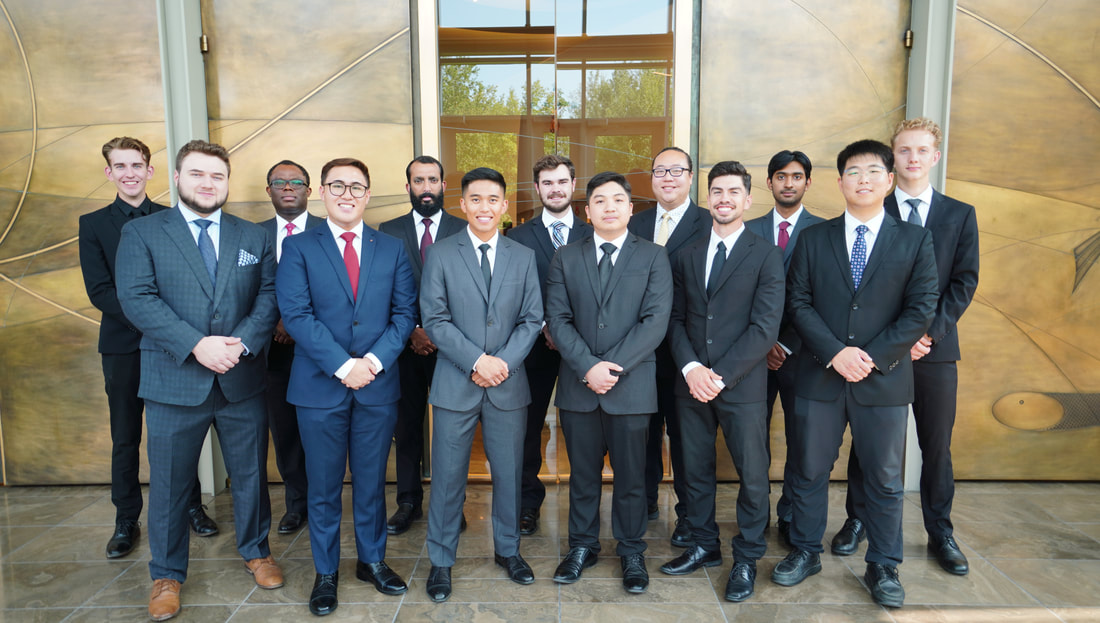
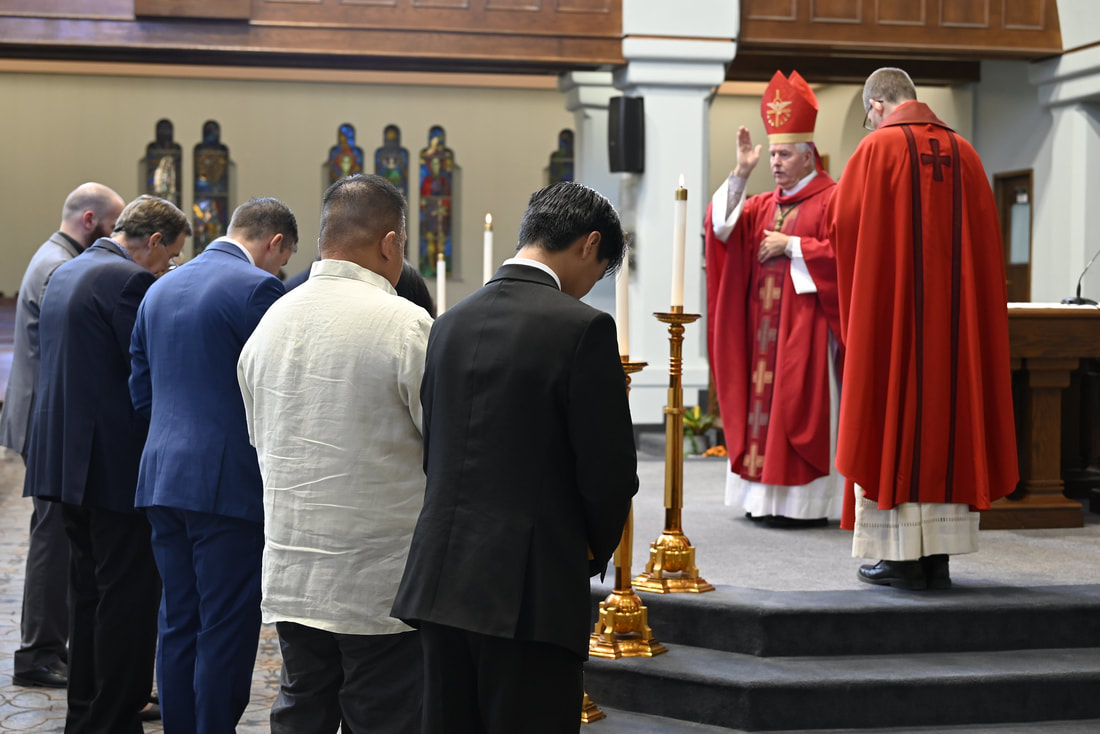
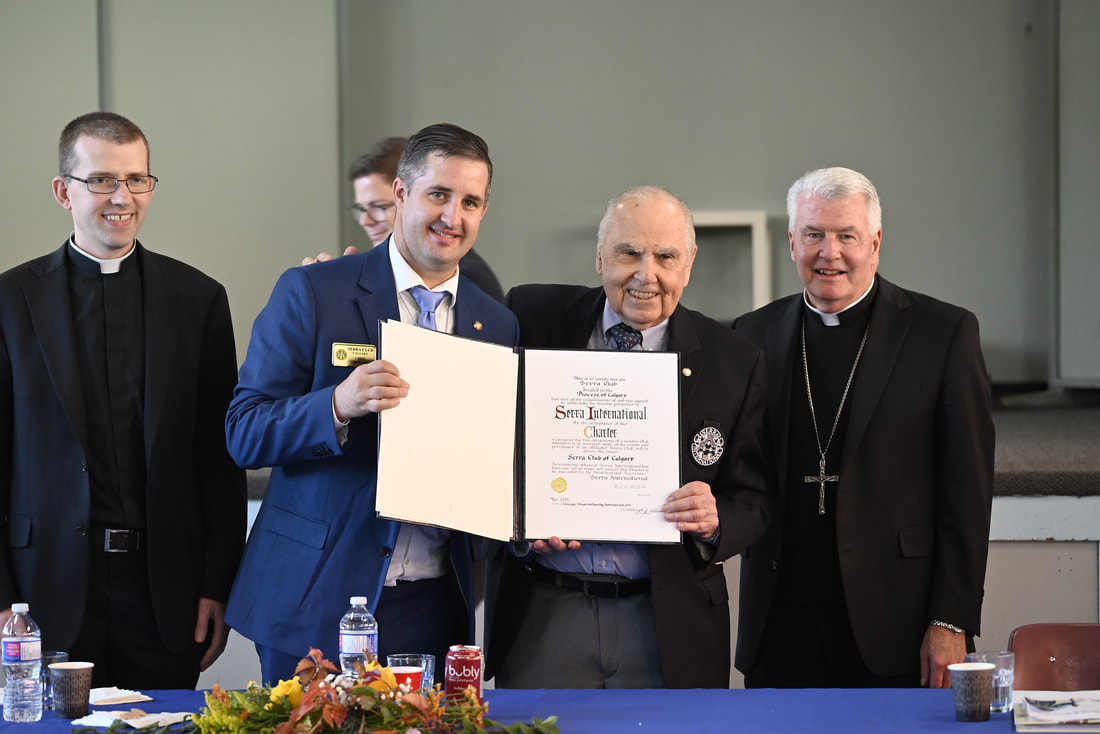
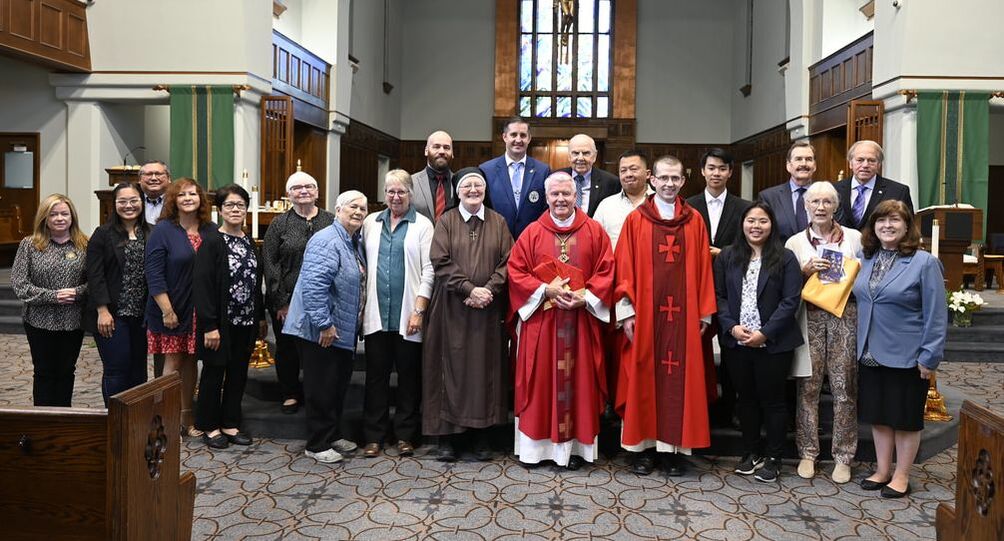
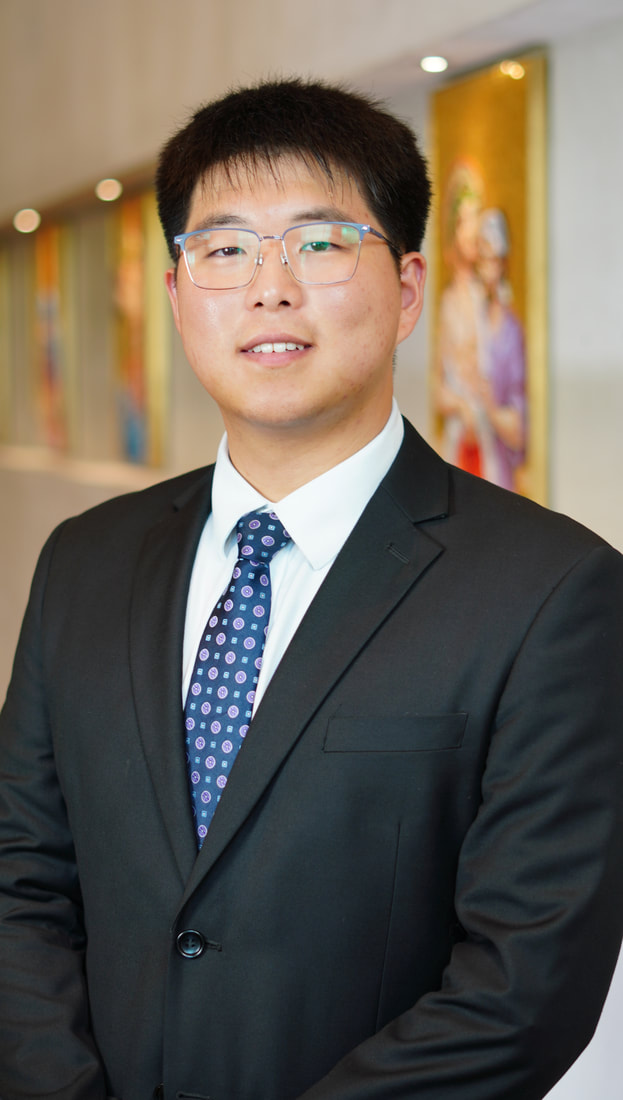
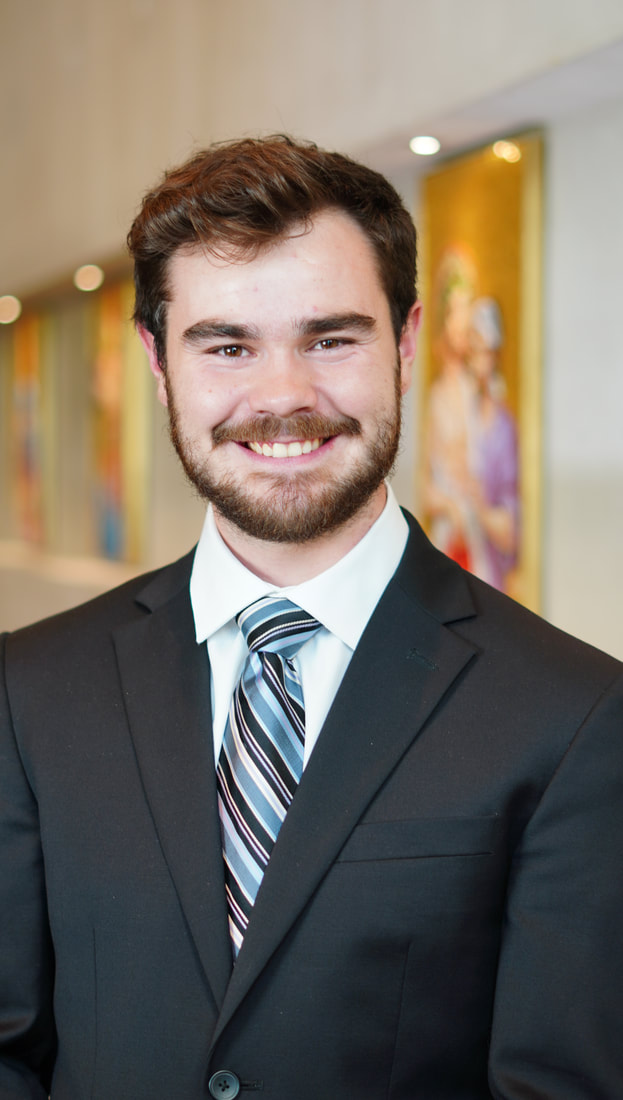

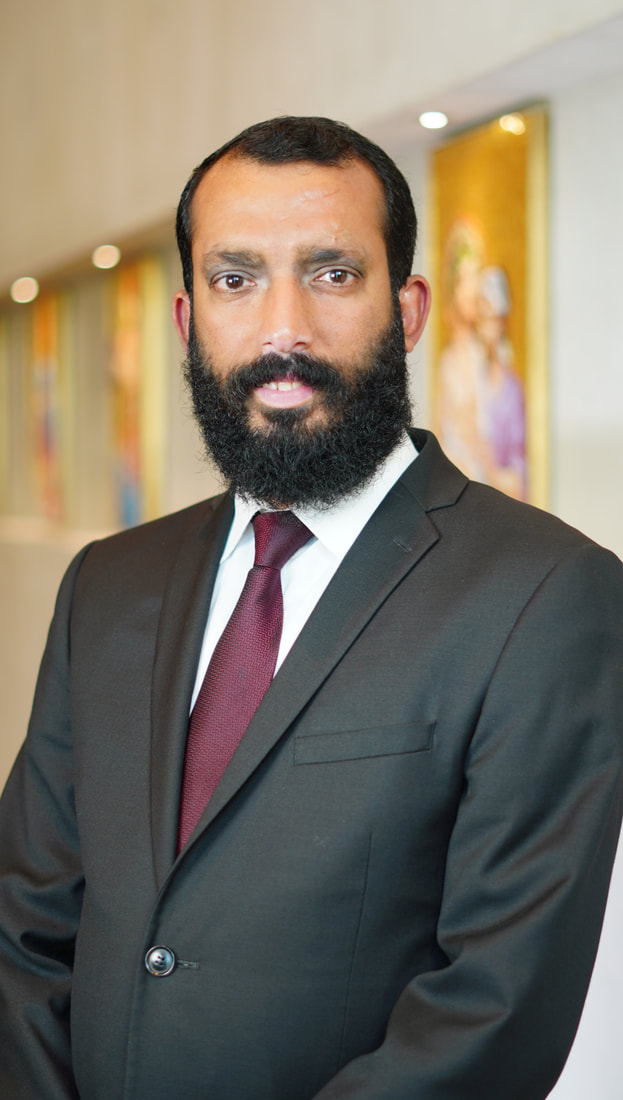
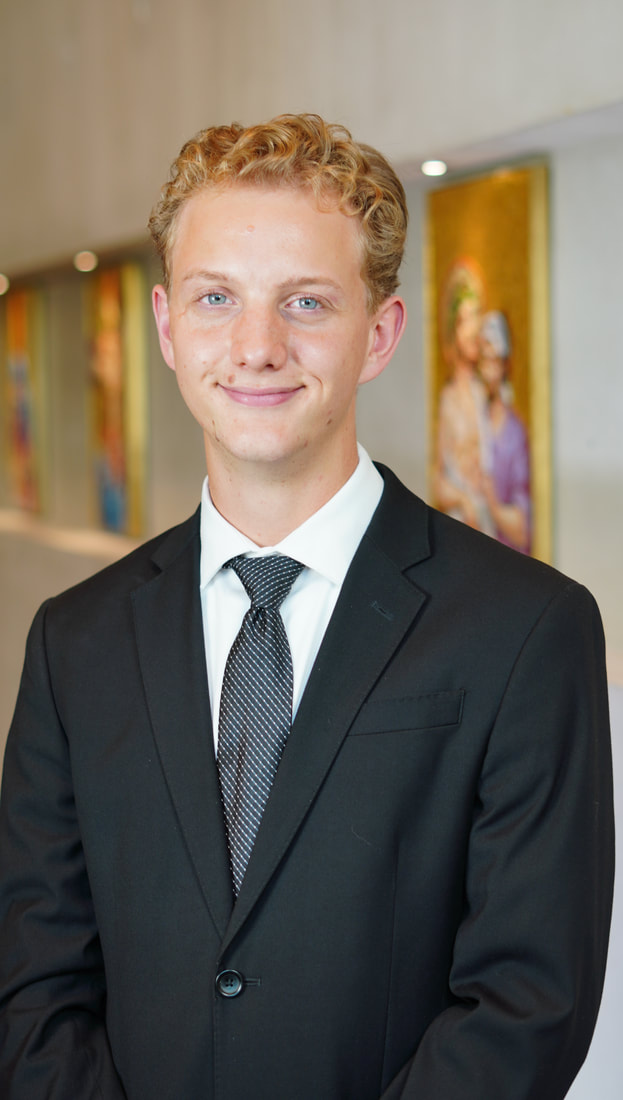
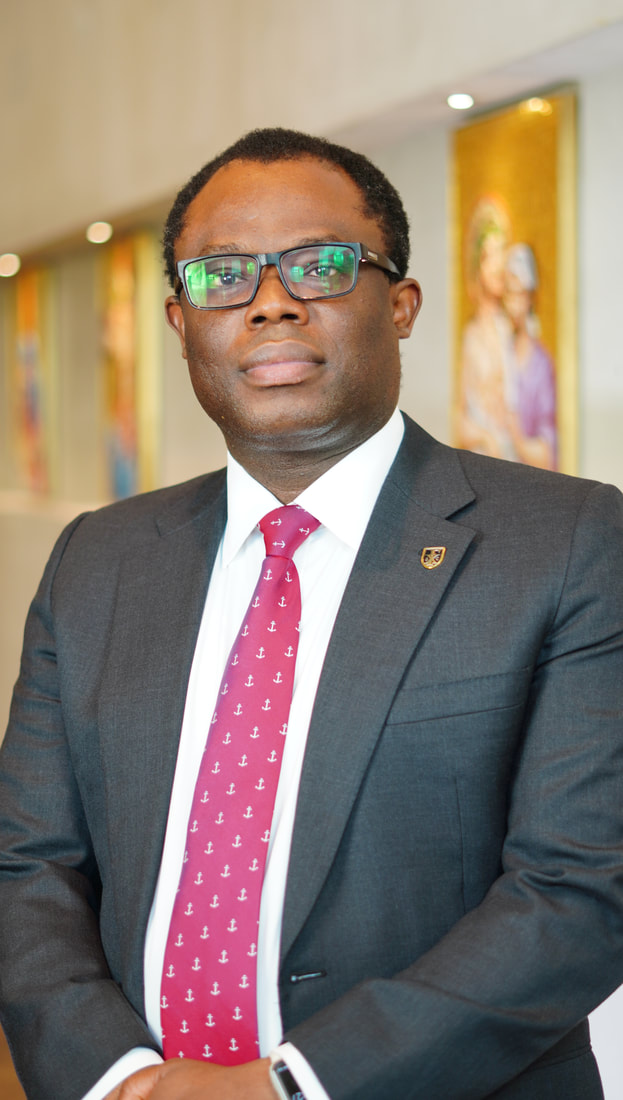
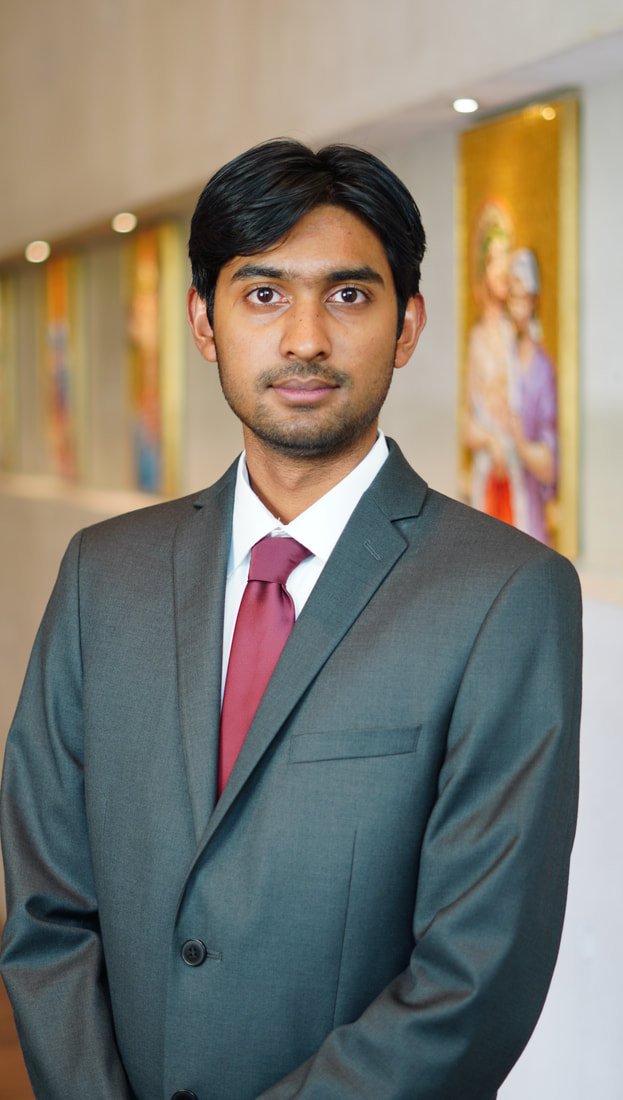
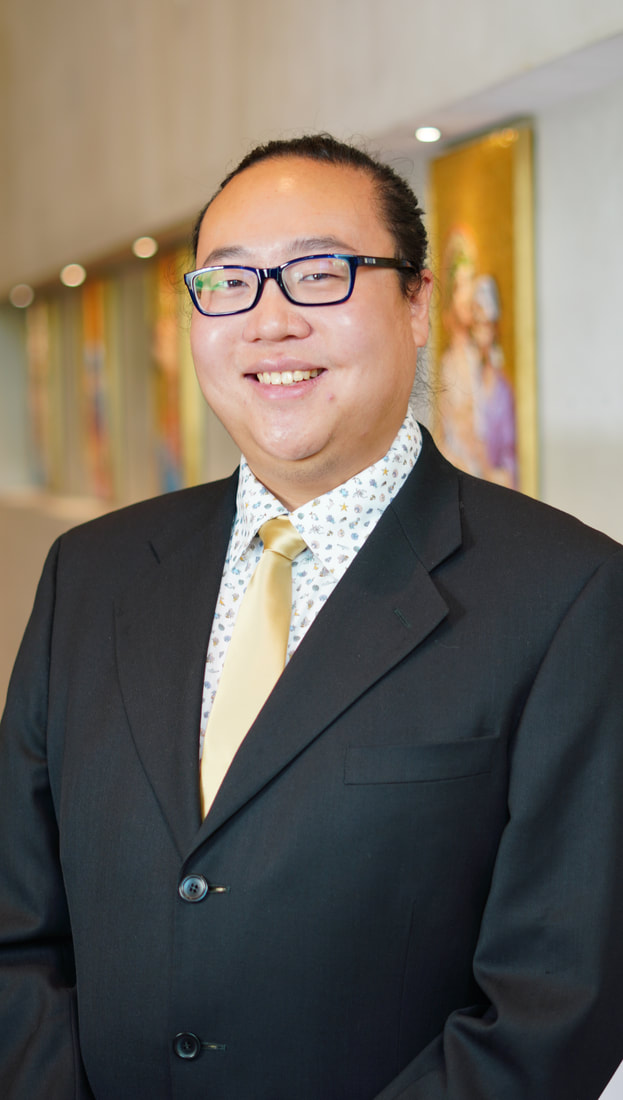
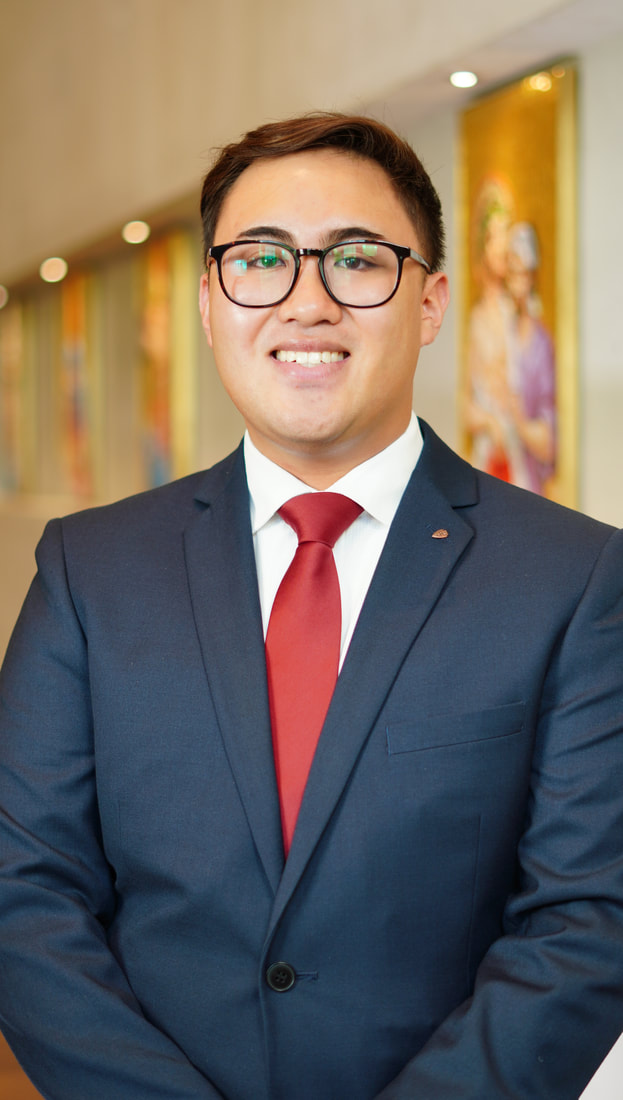
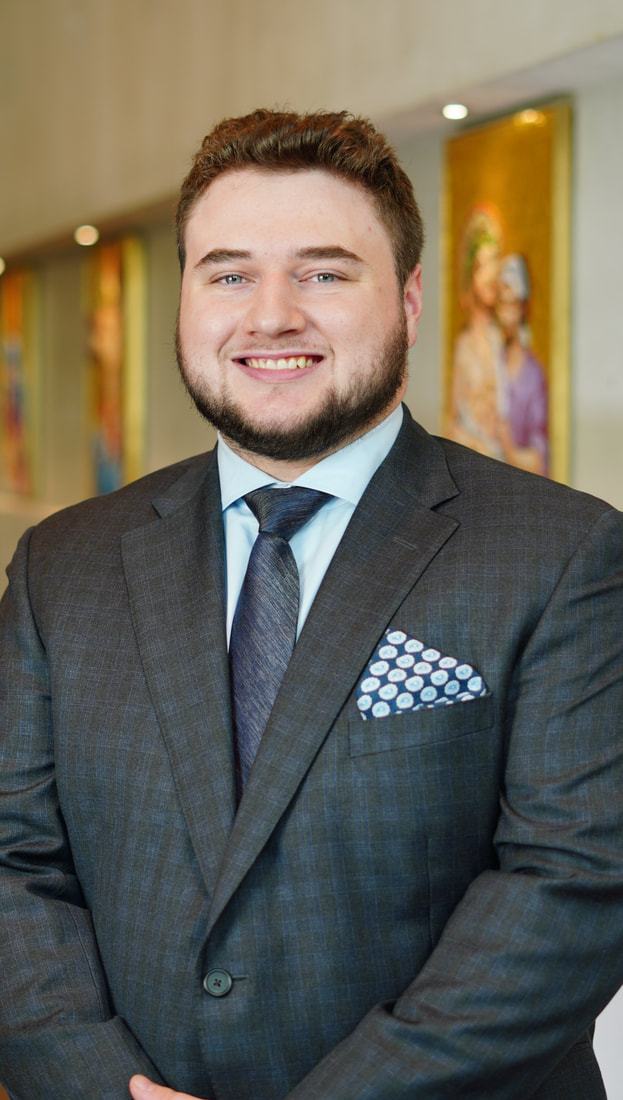
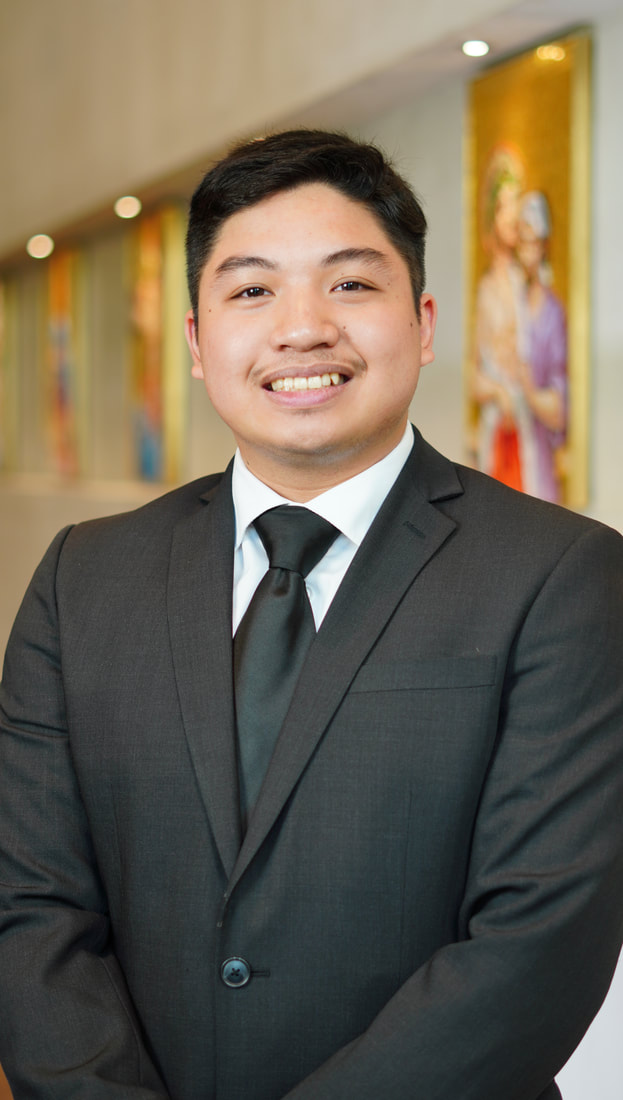
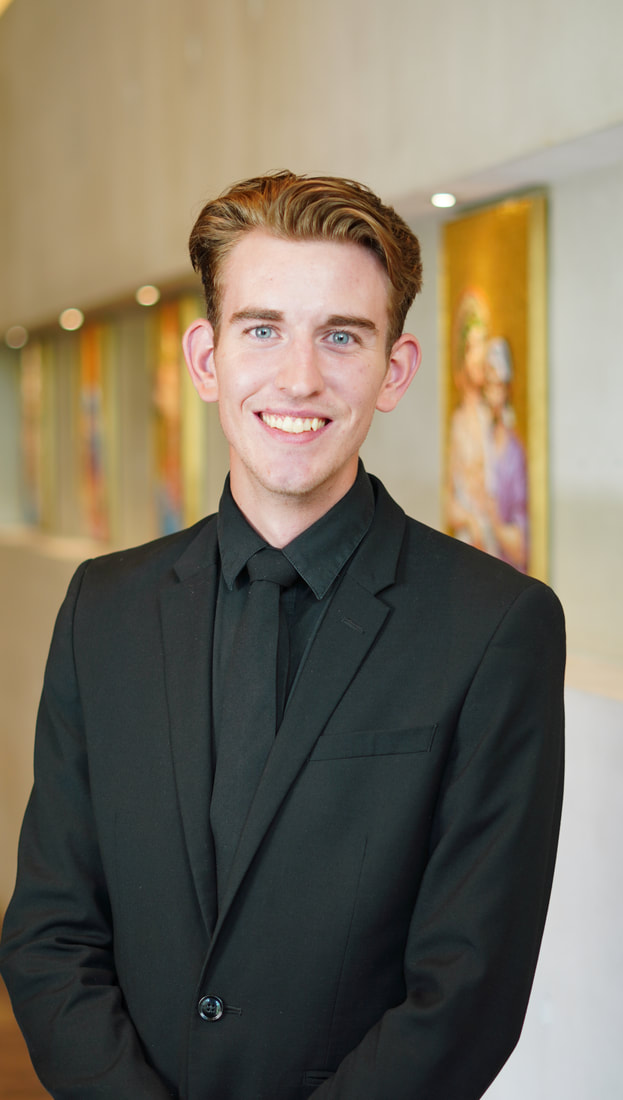
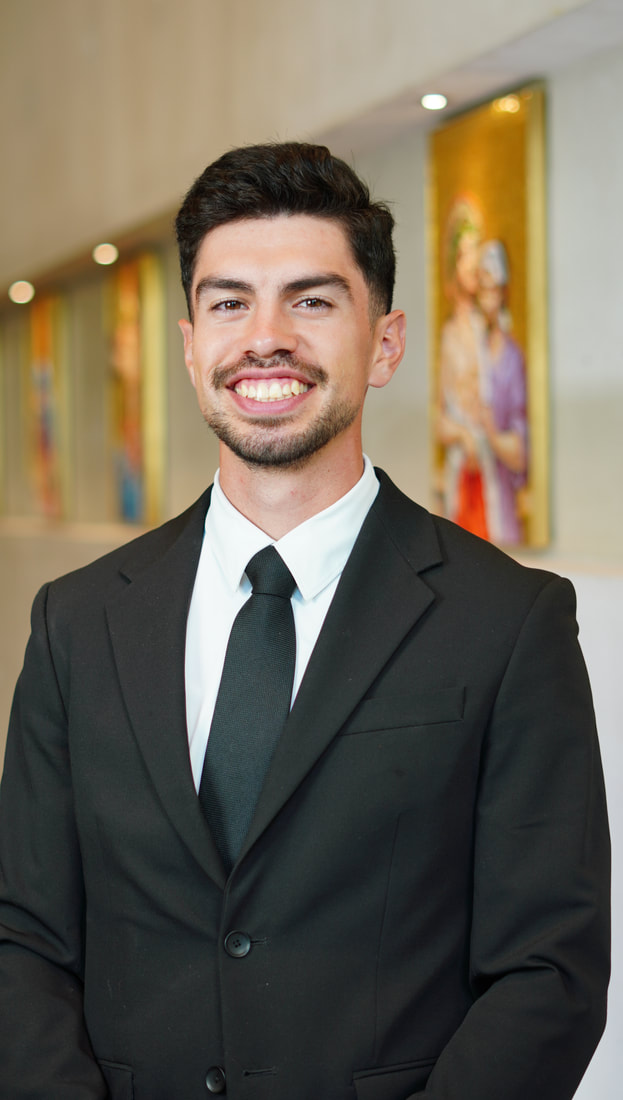
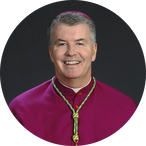
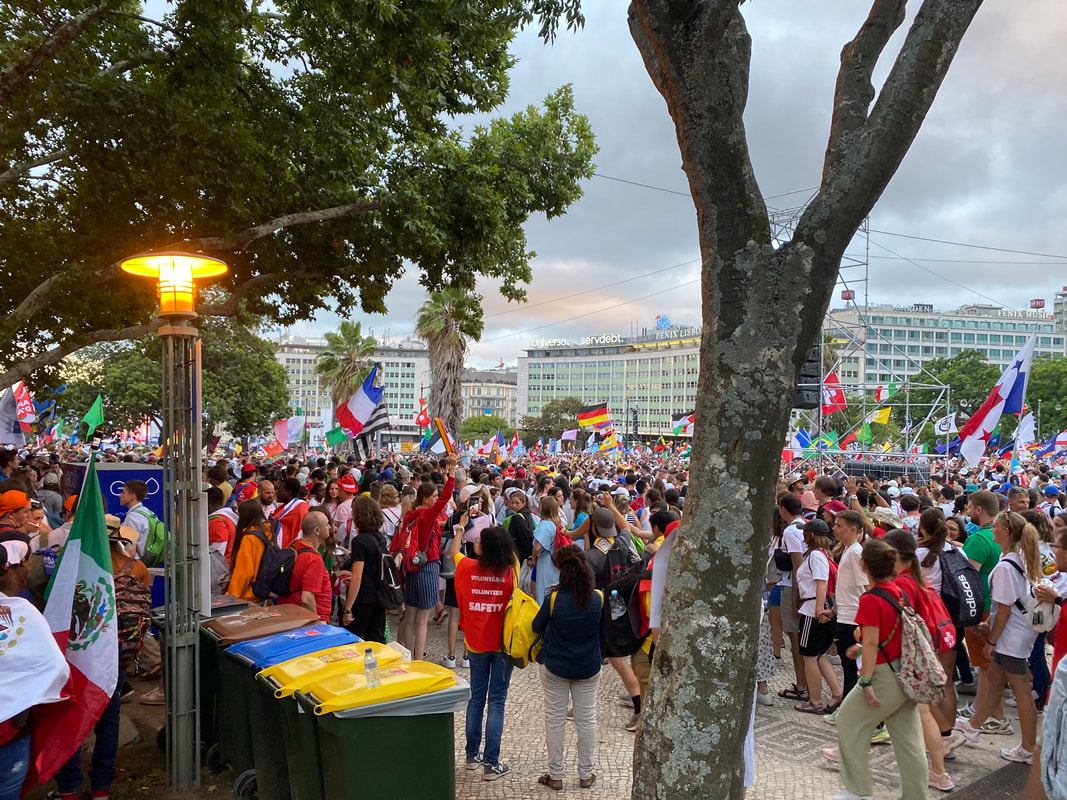
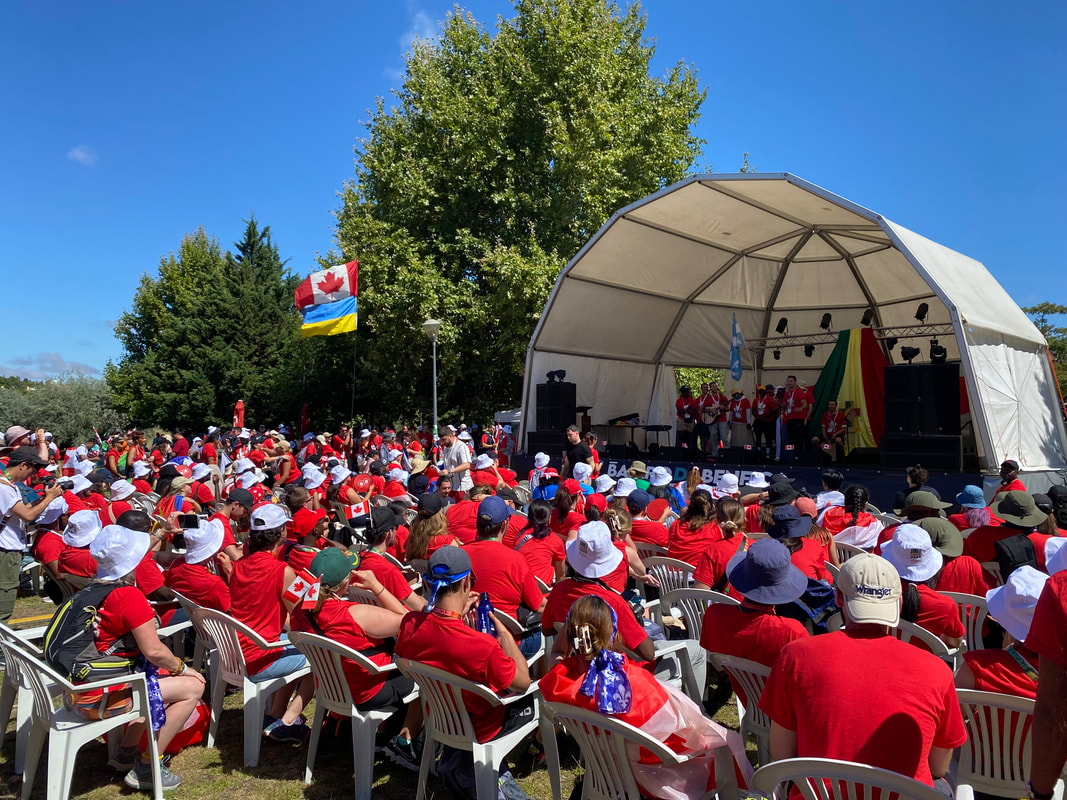
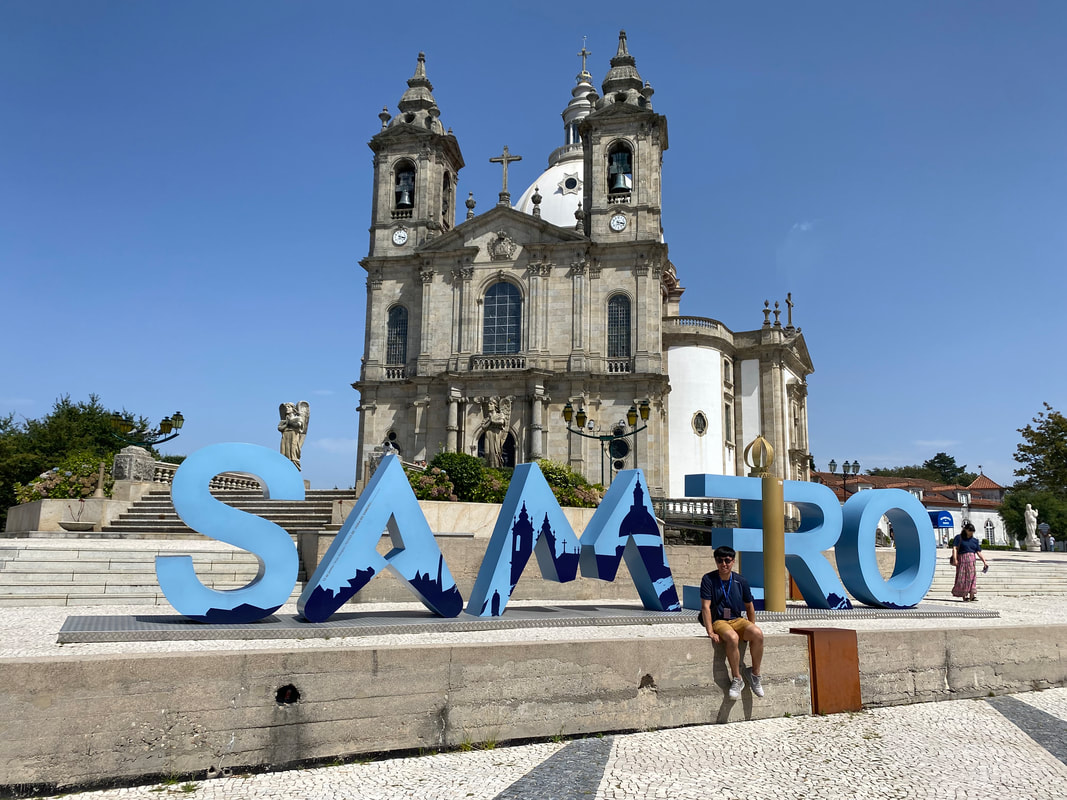
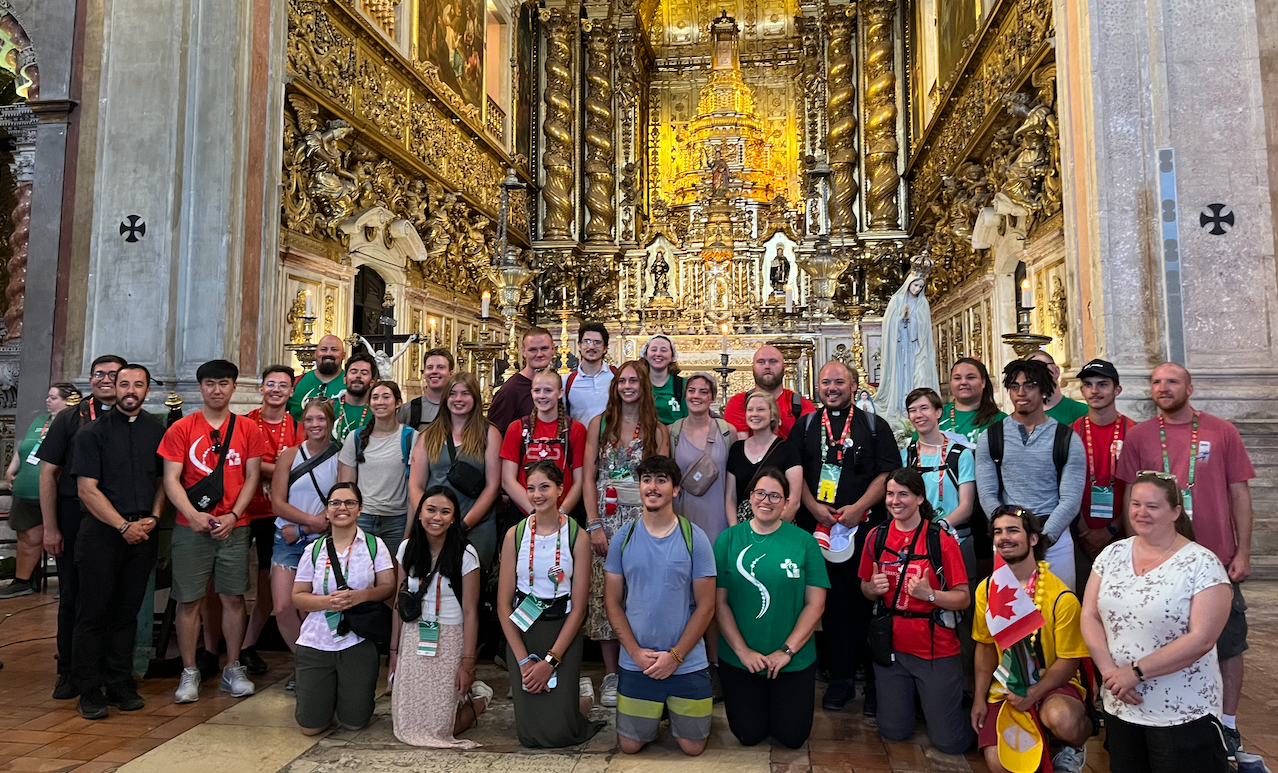
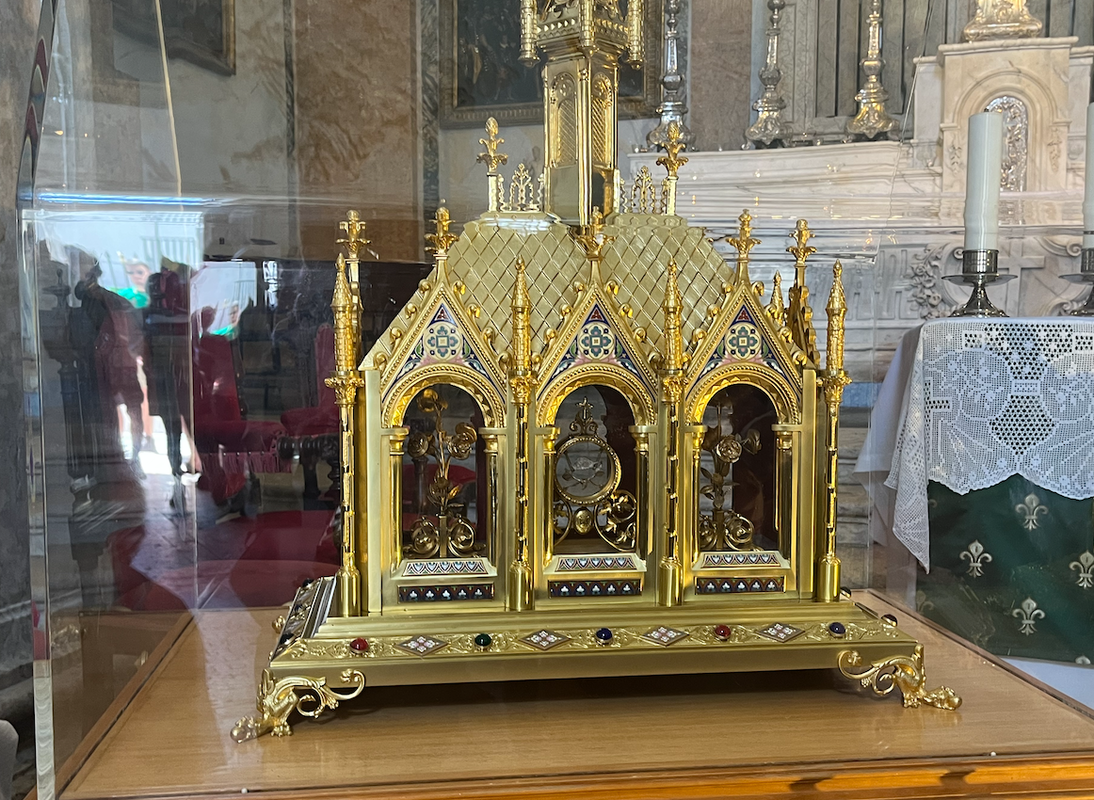
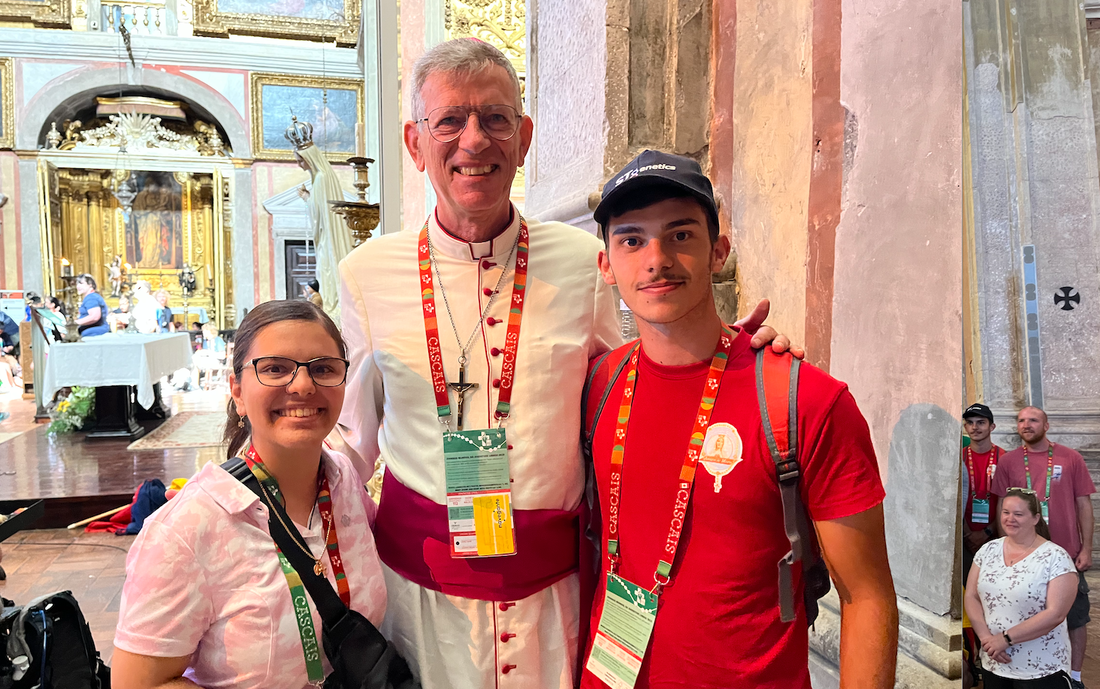
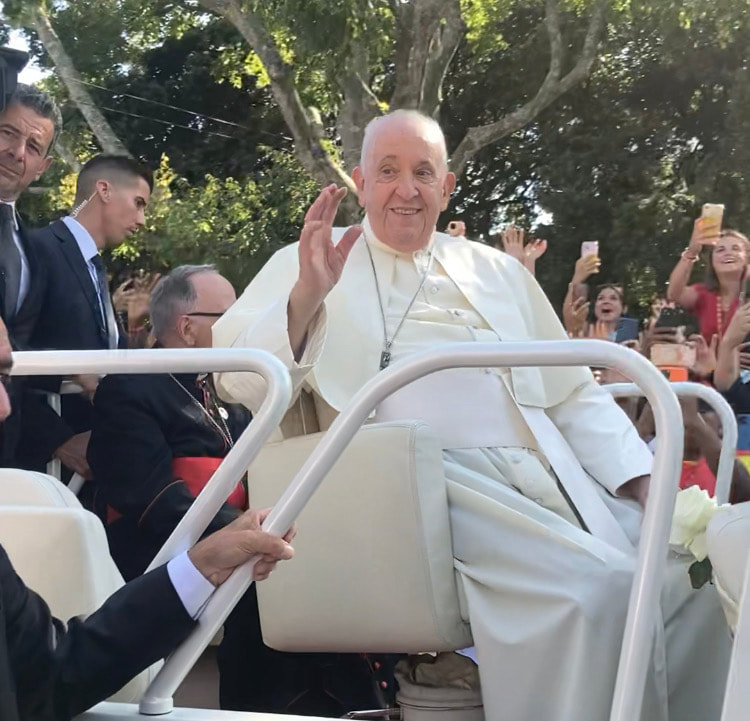
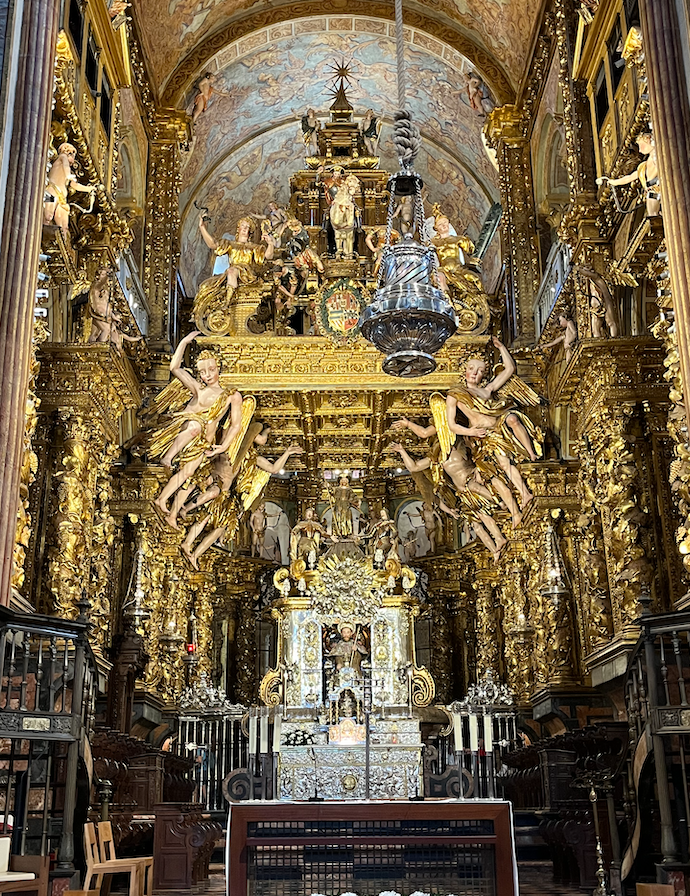
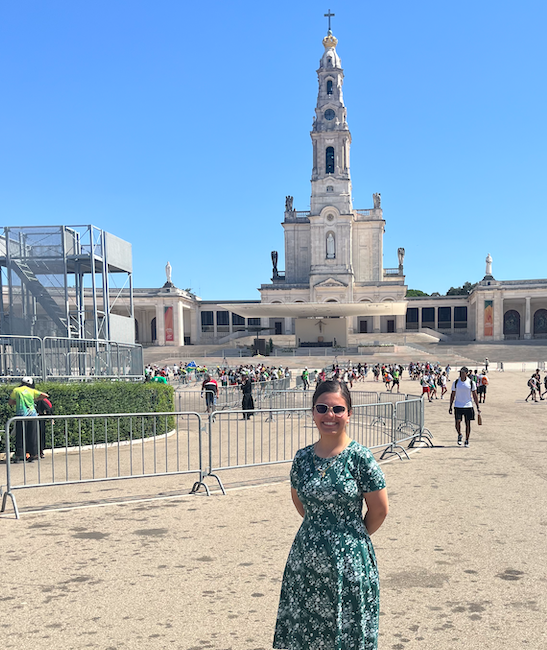
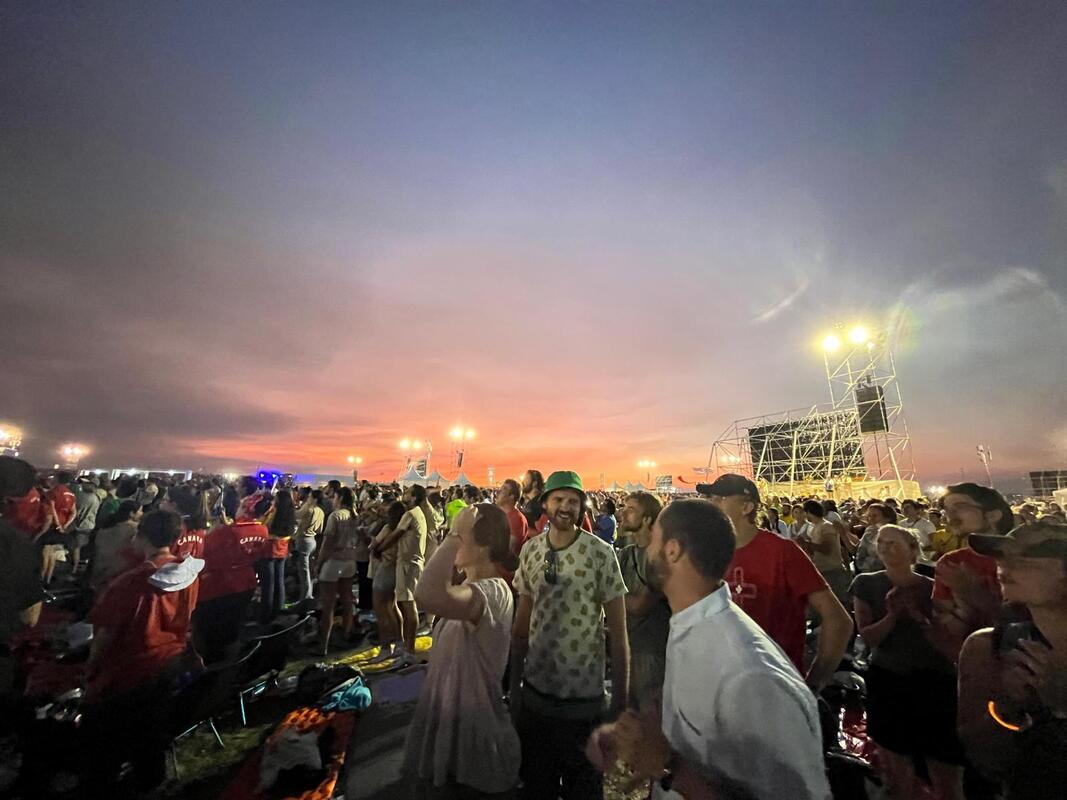
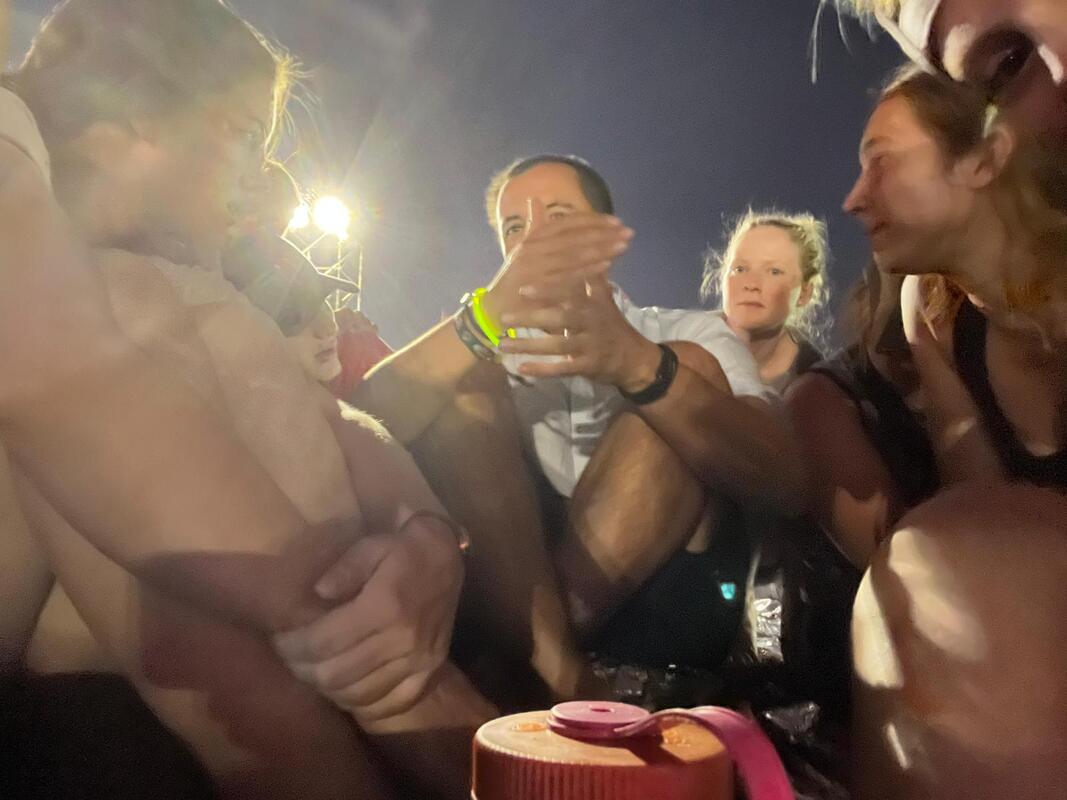
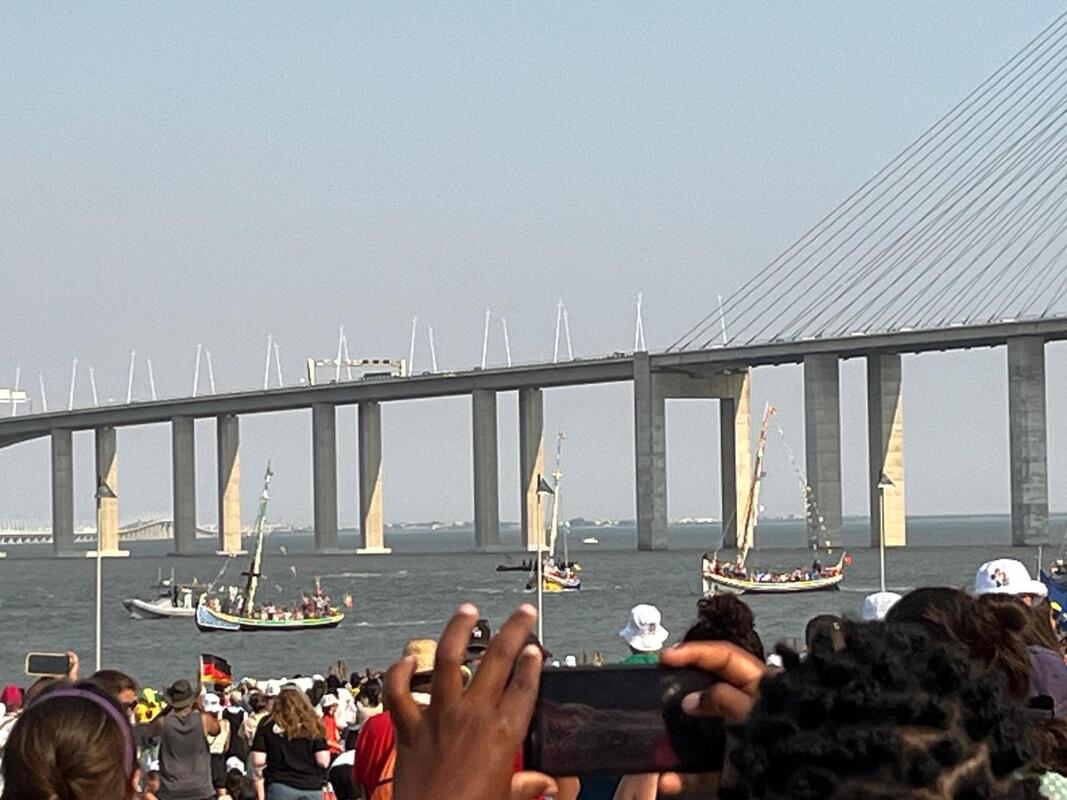

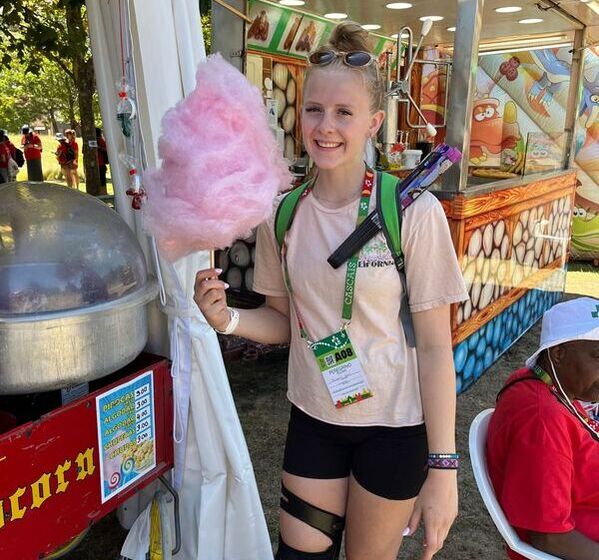
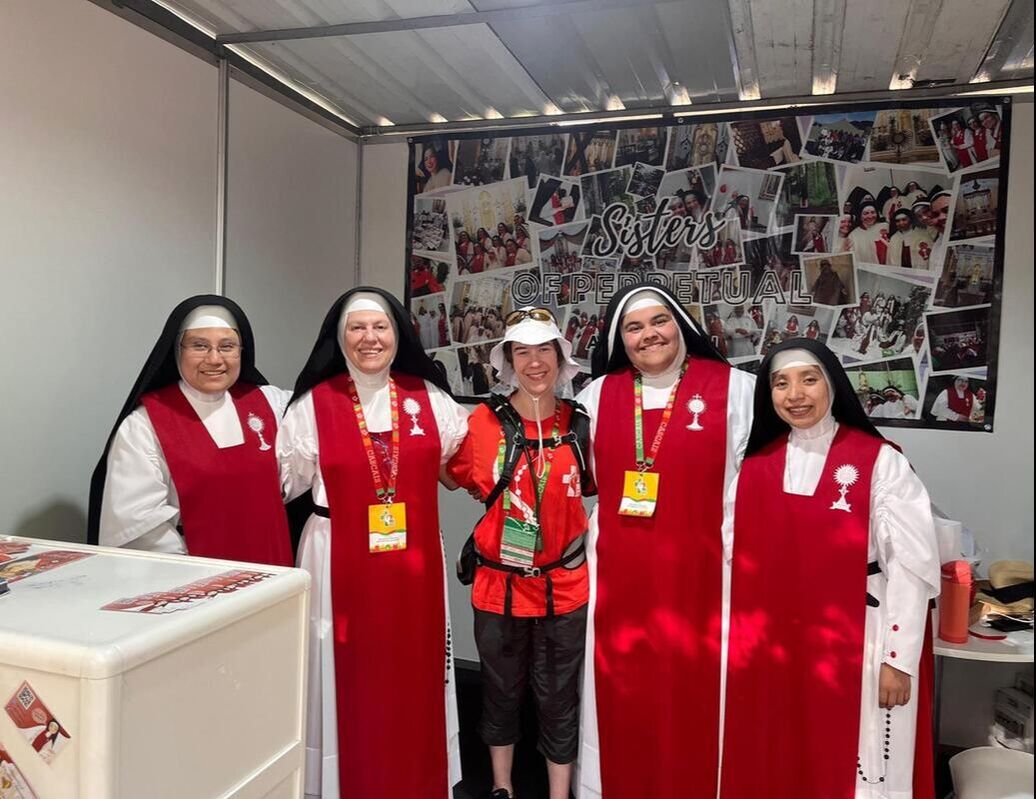
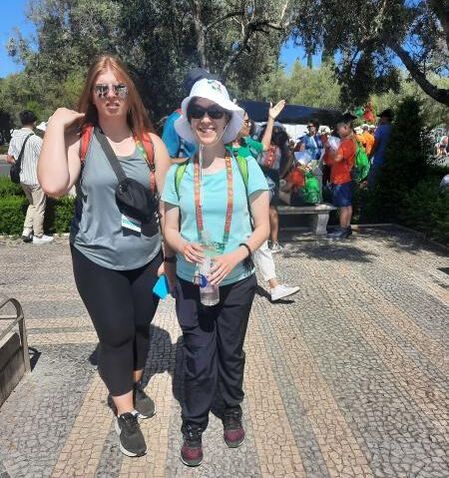
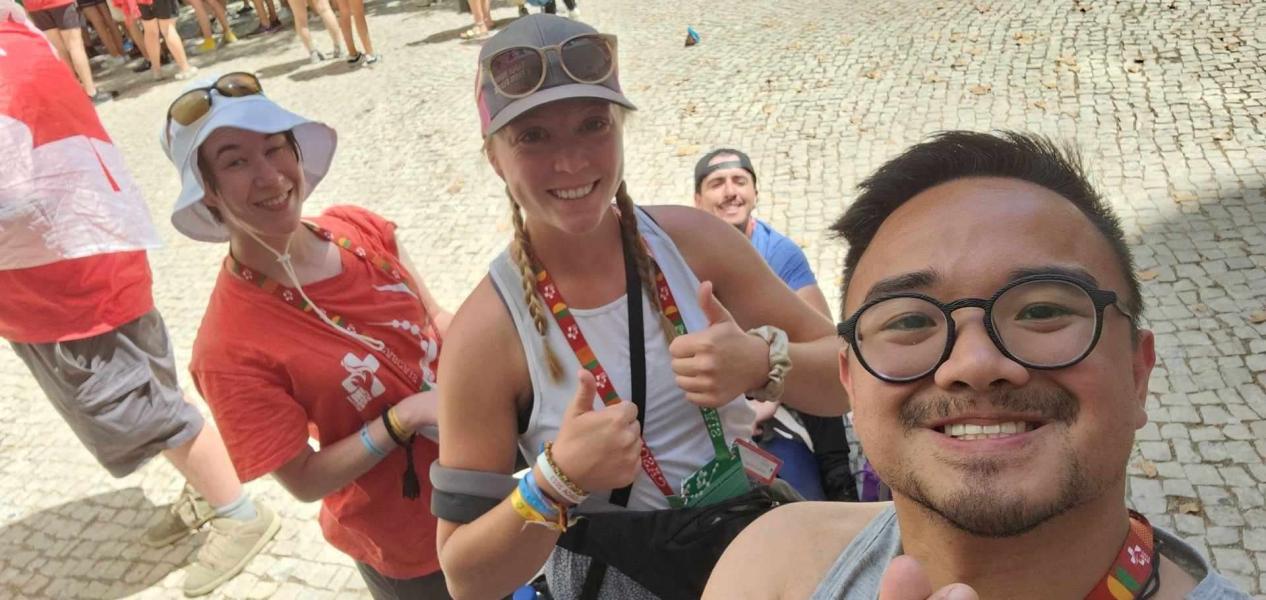
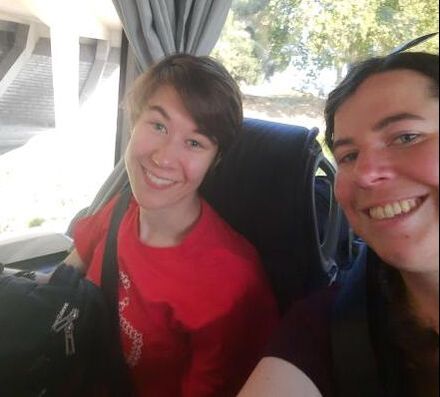
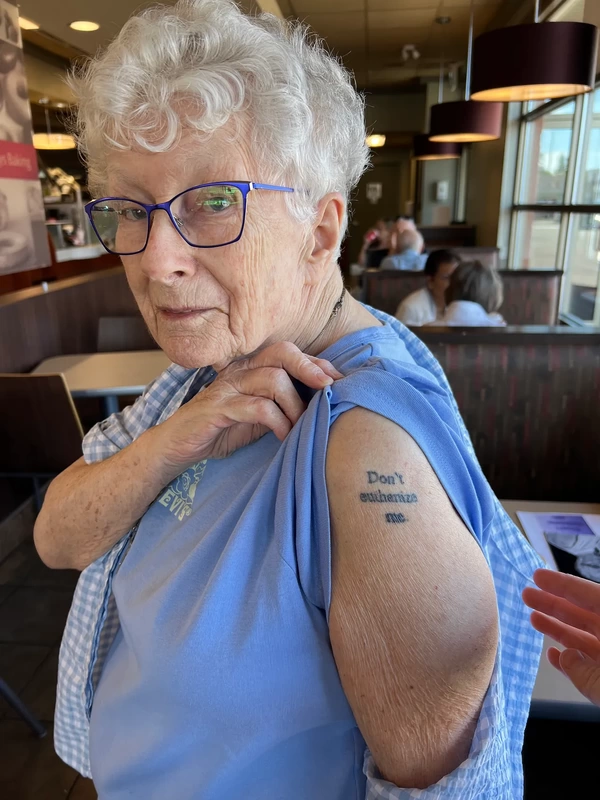
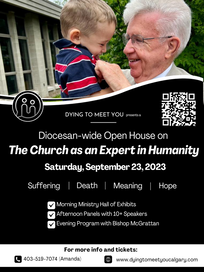
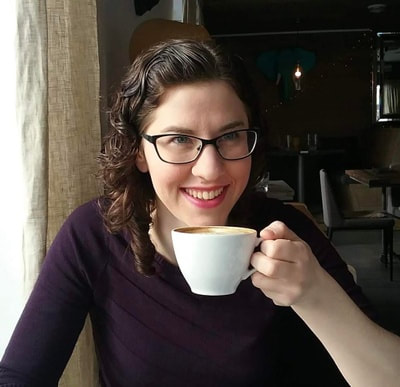

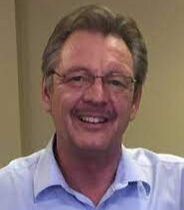
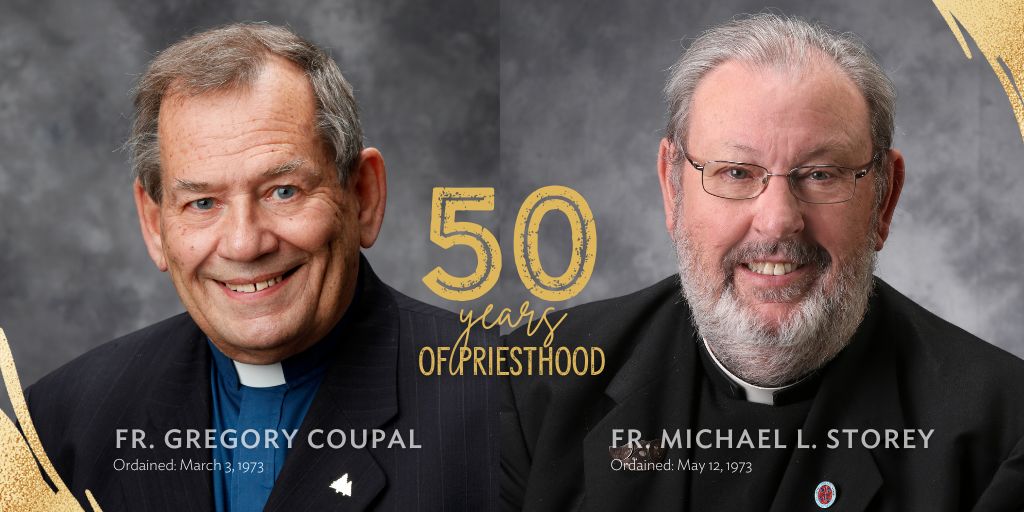
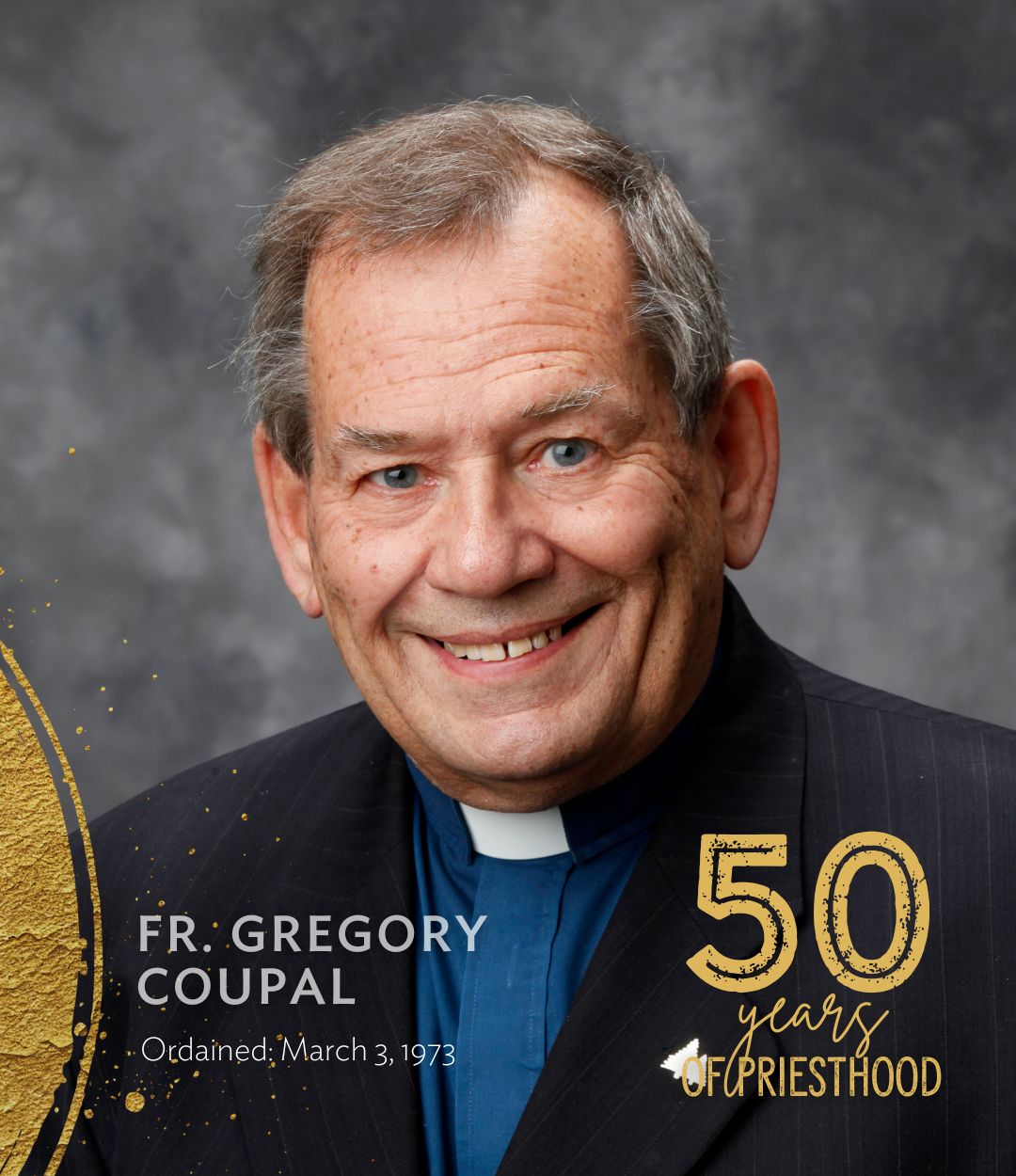
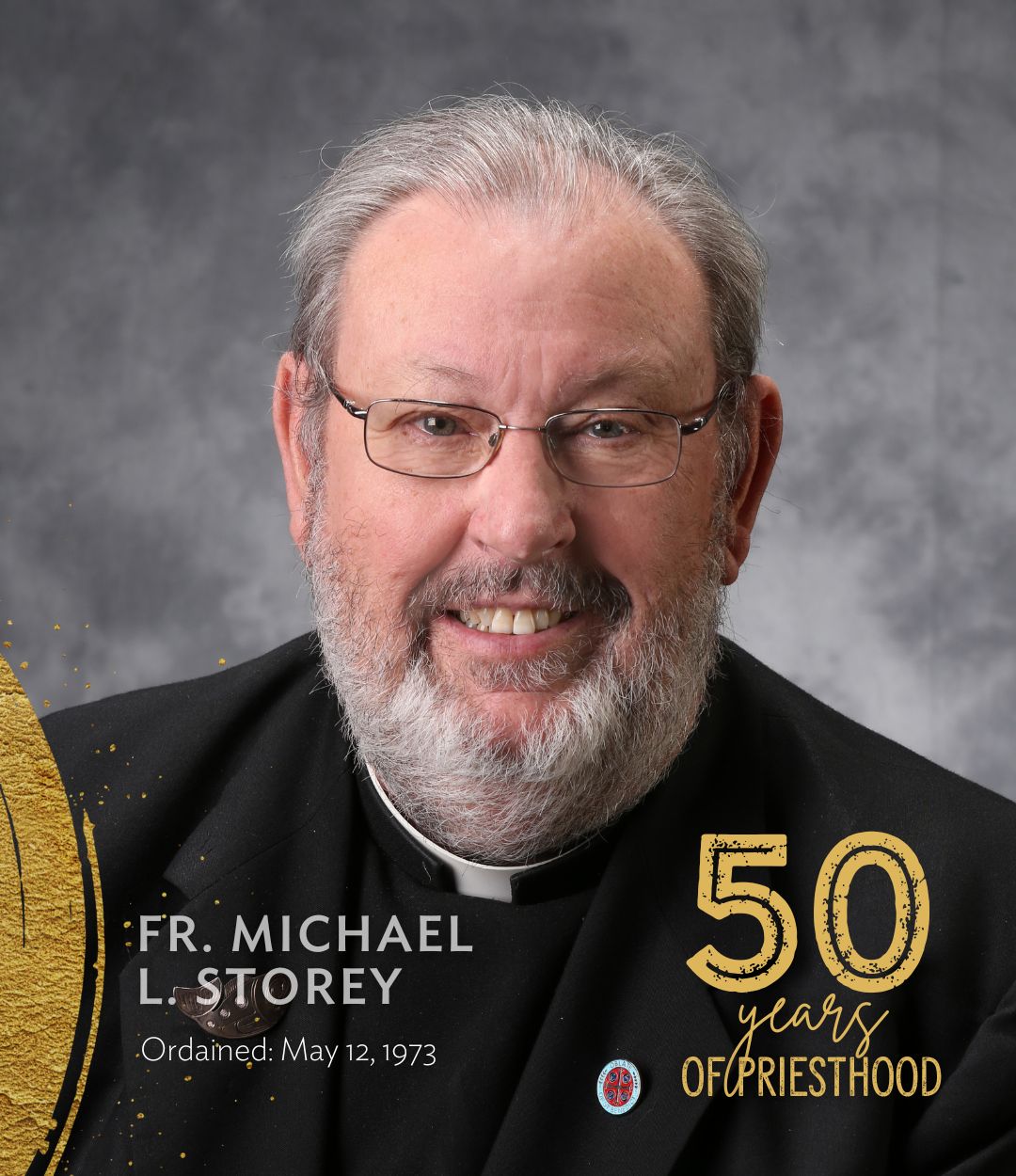
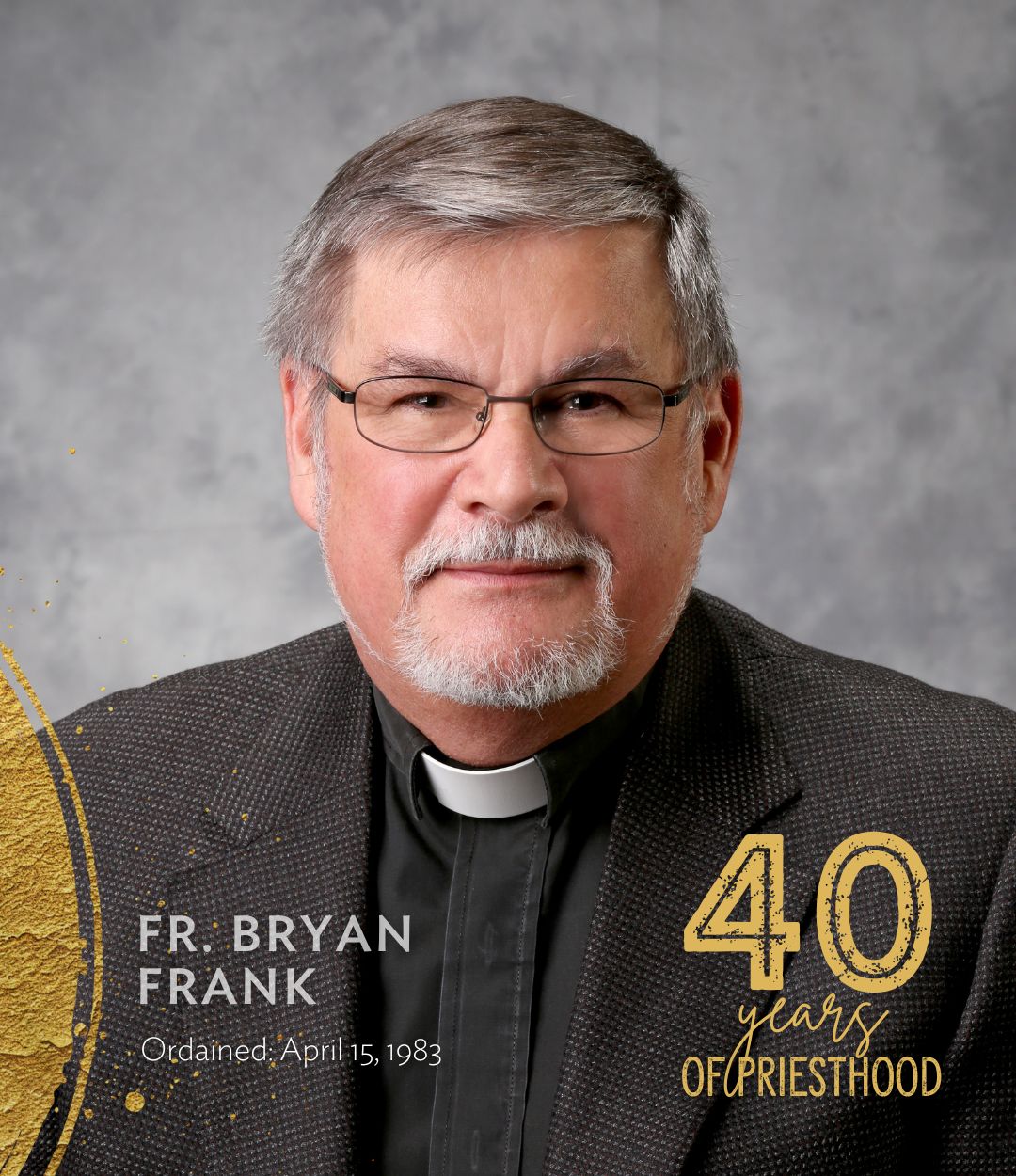
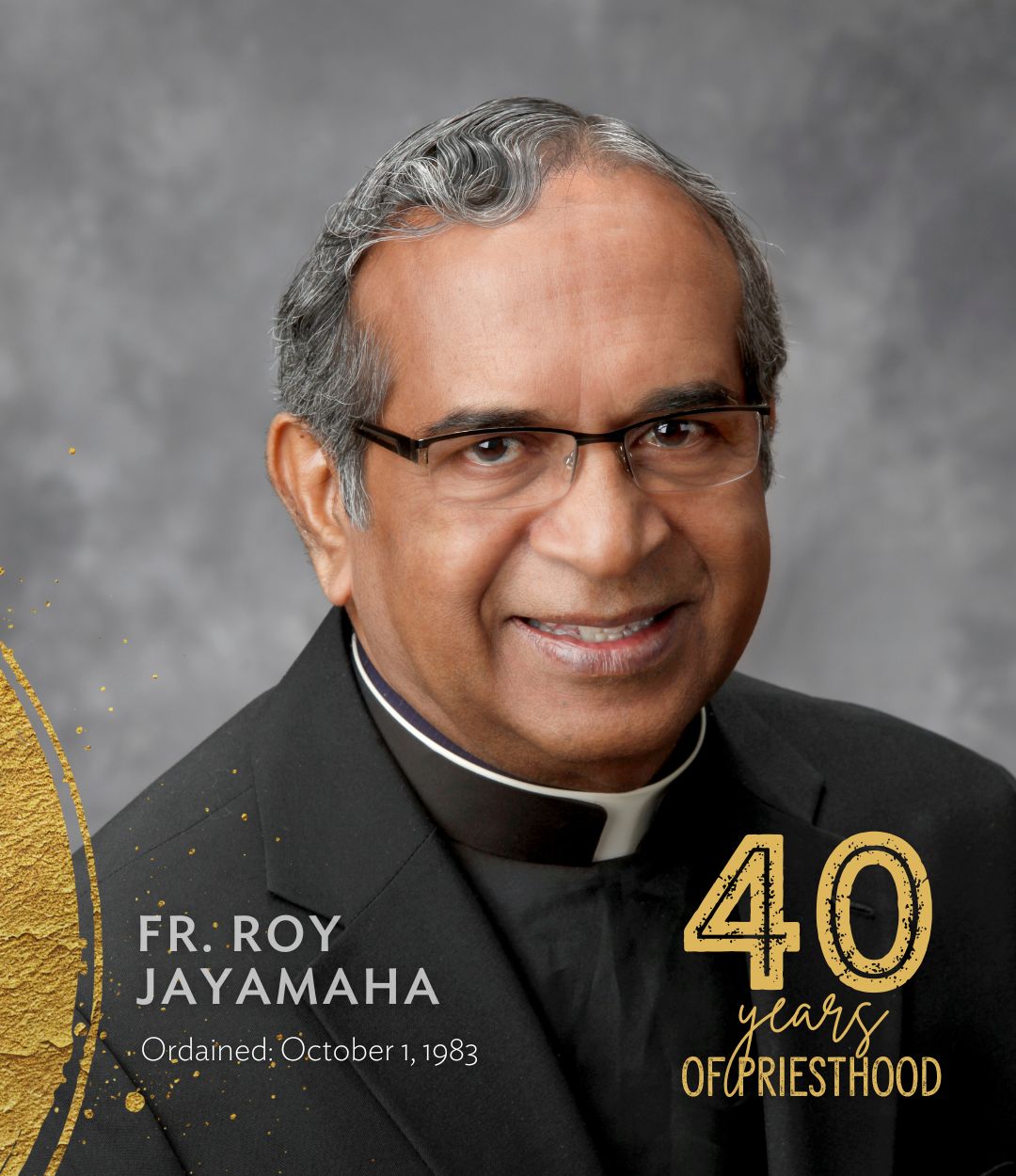
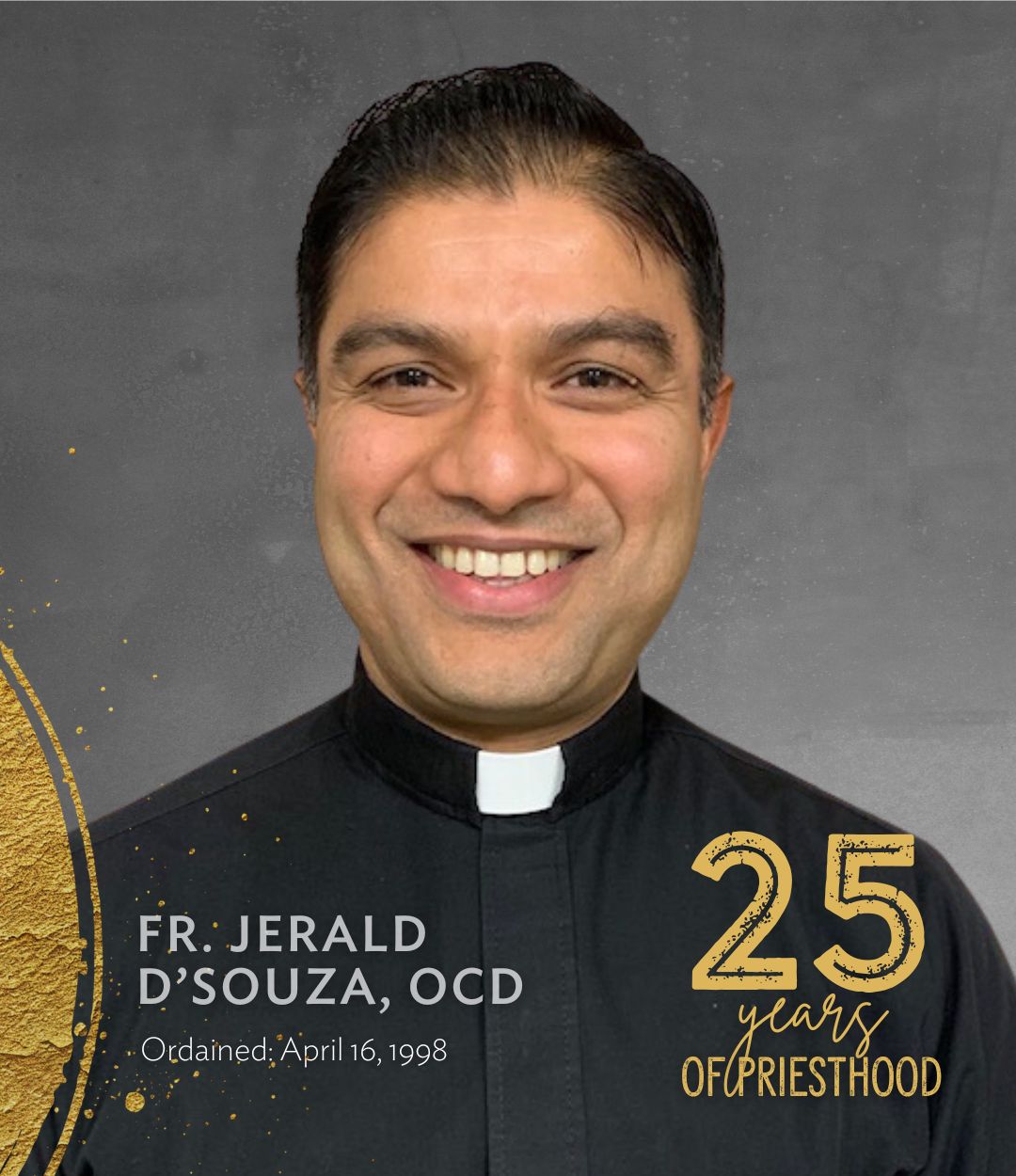
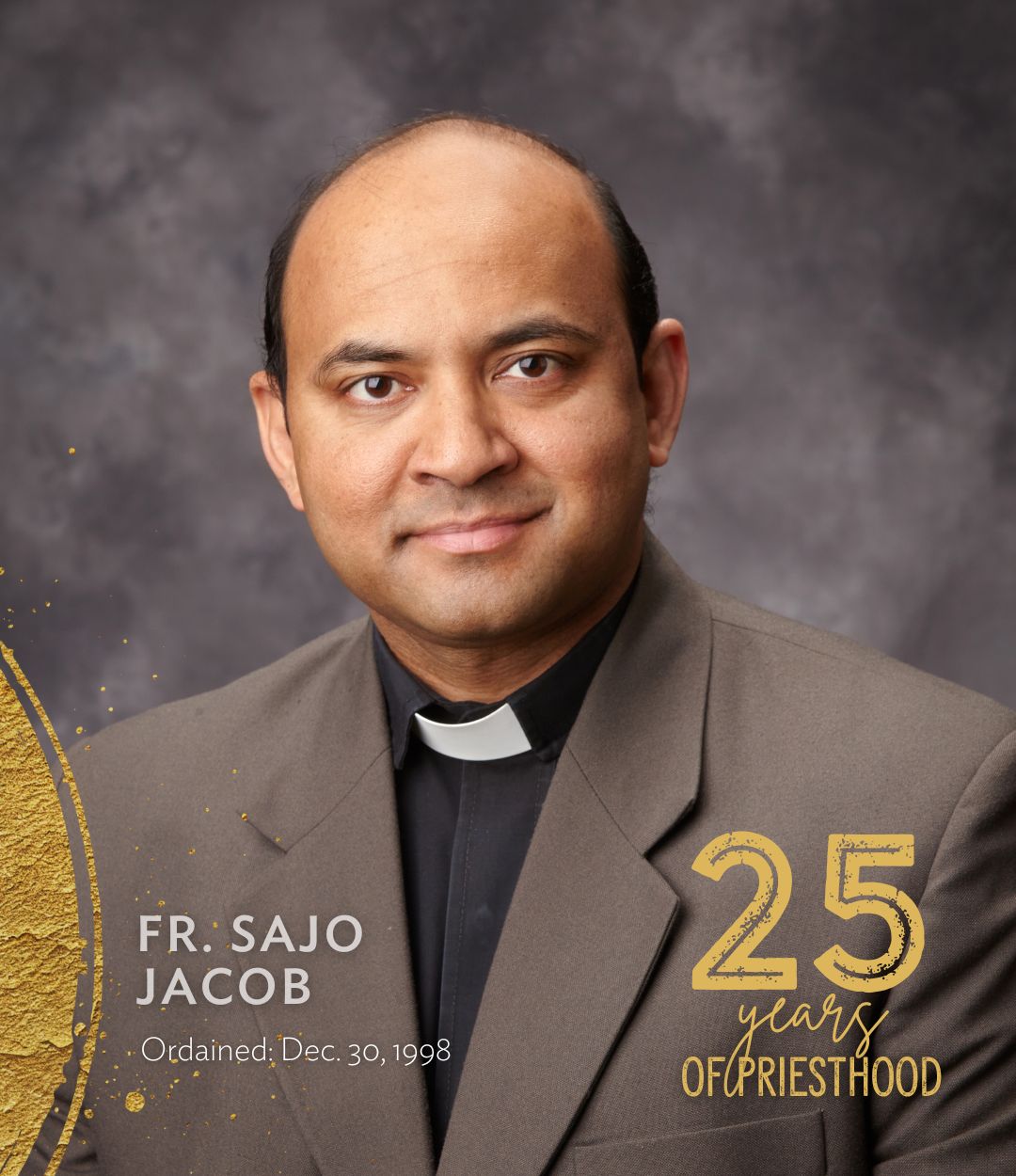
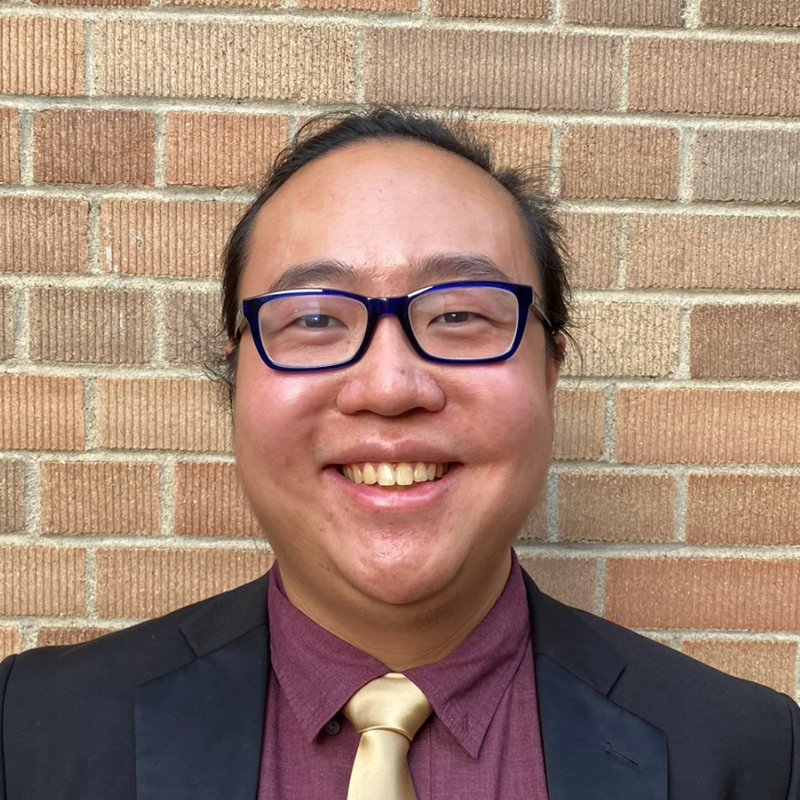
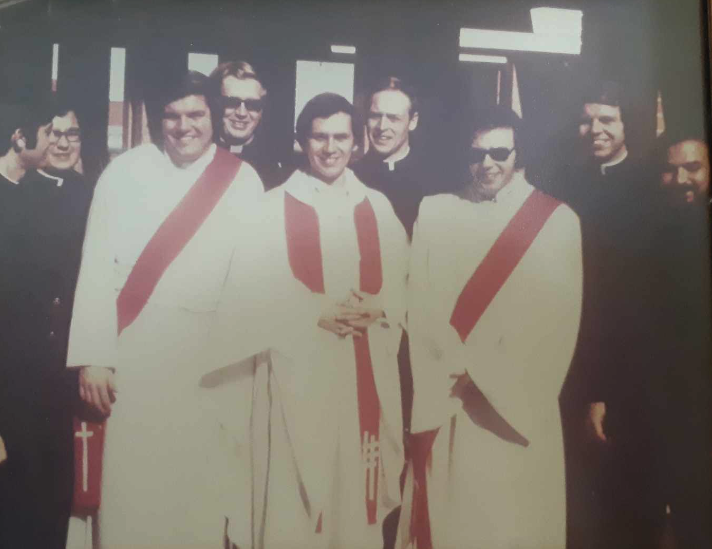
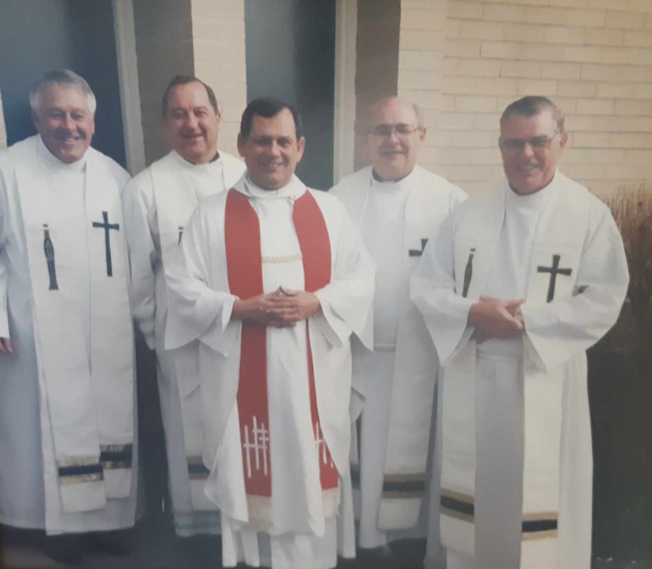
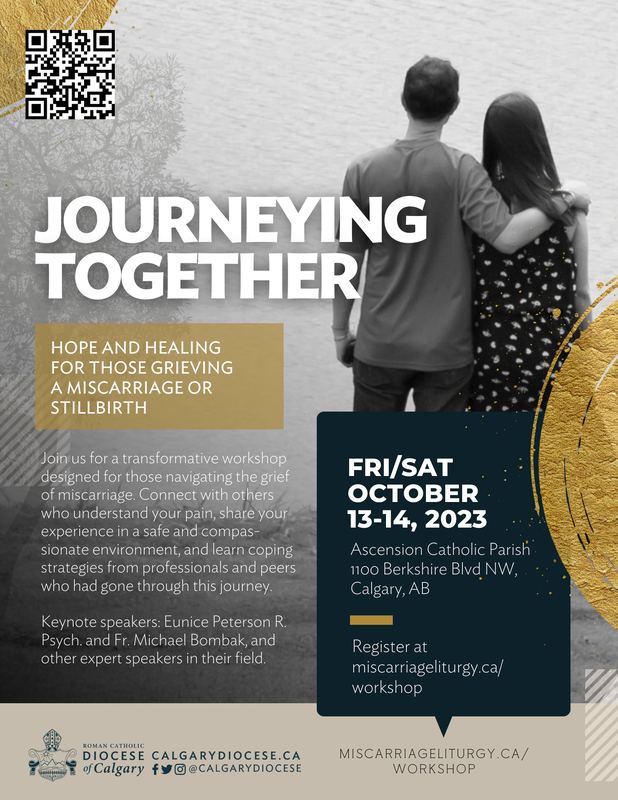
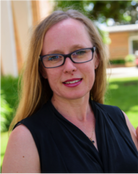
 RSS Feed
RSS Feed